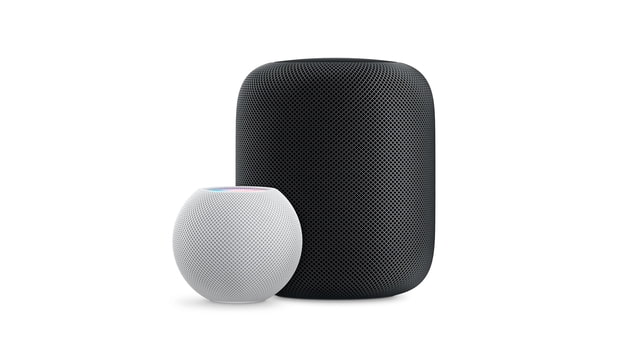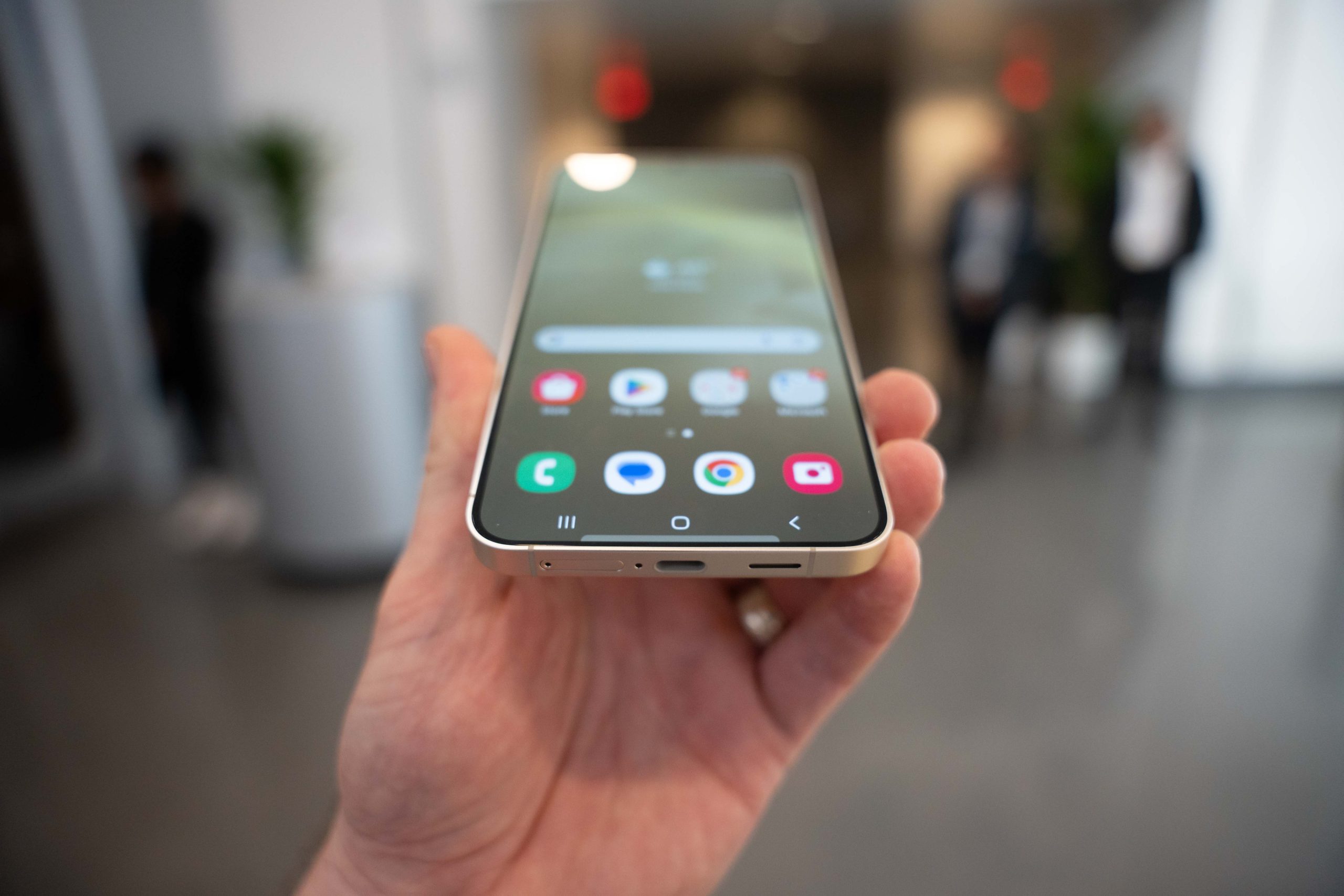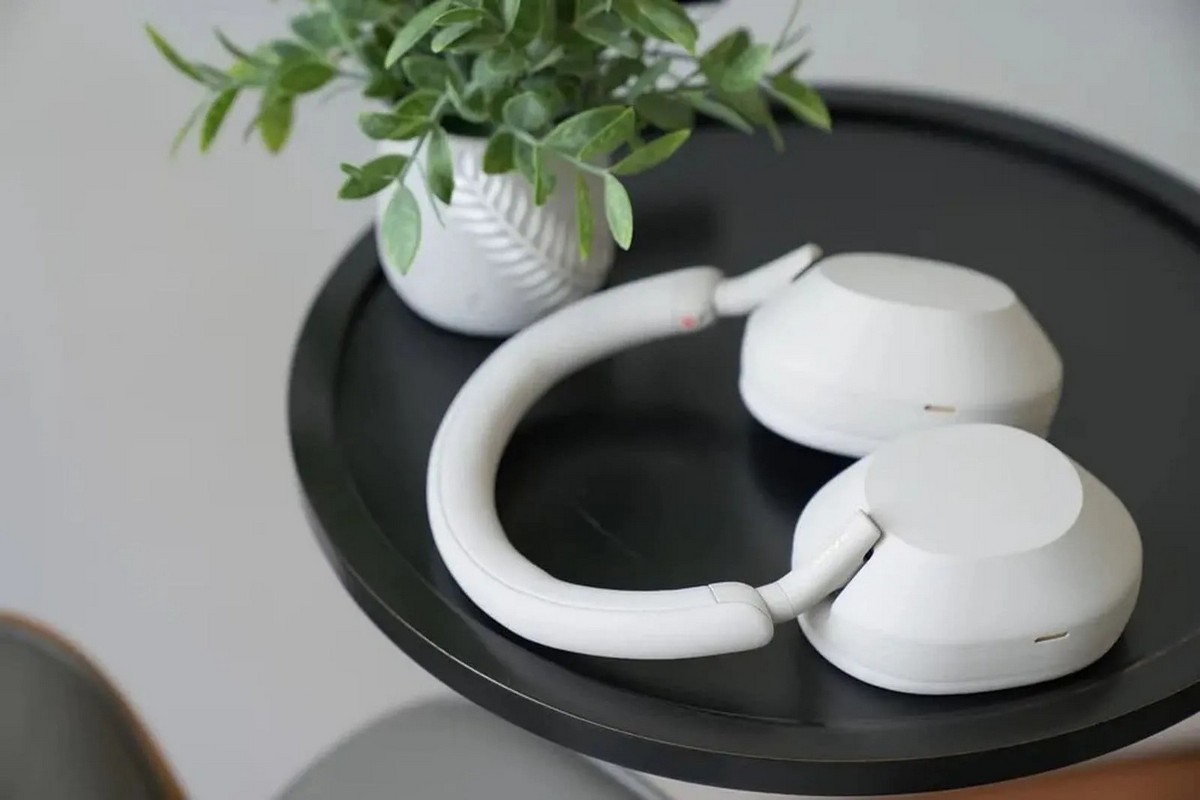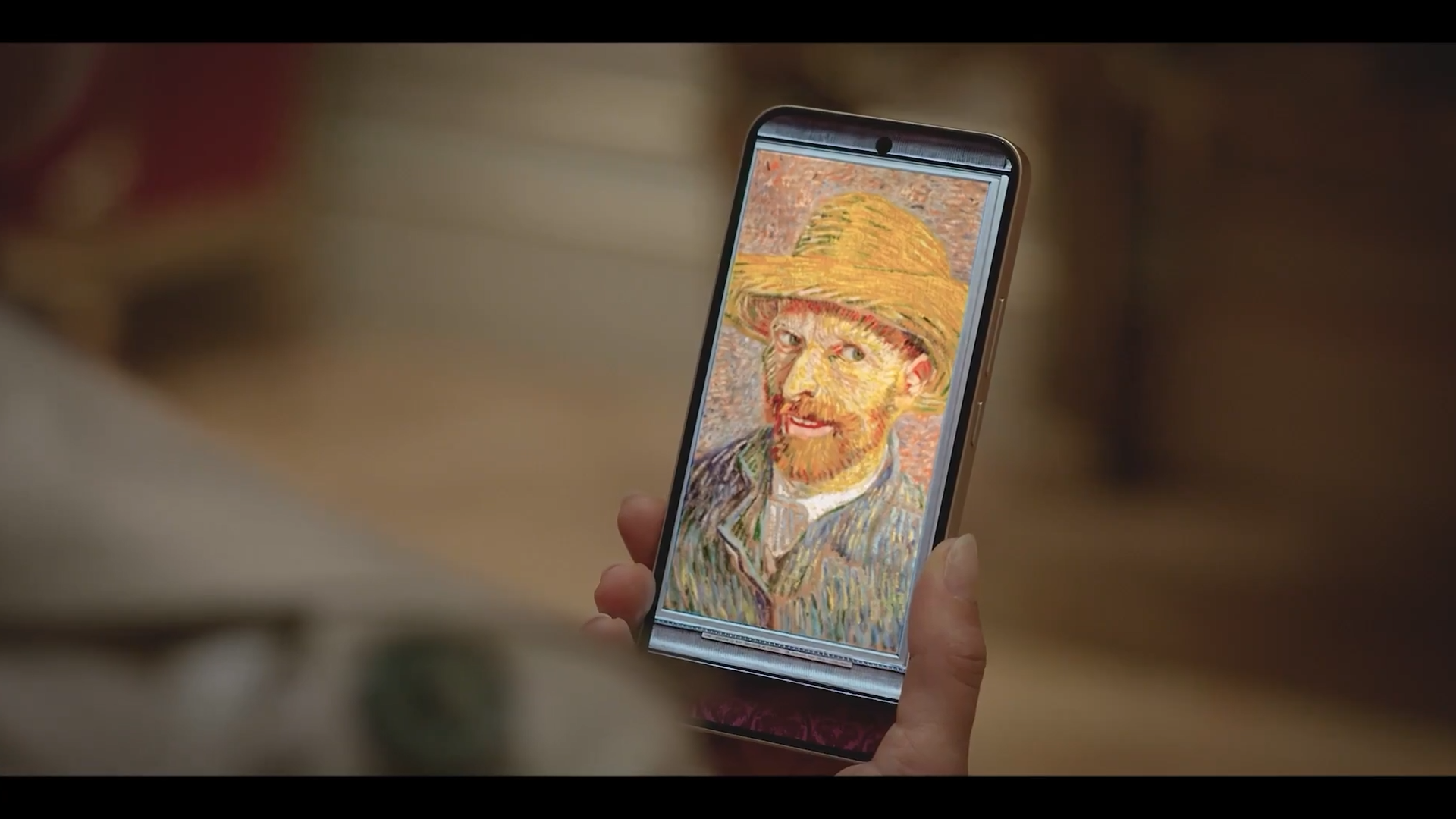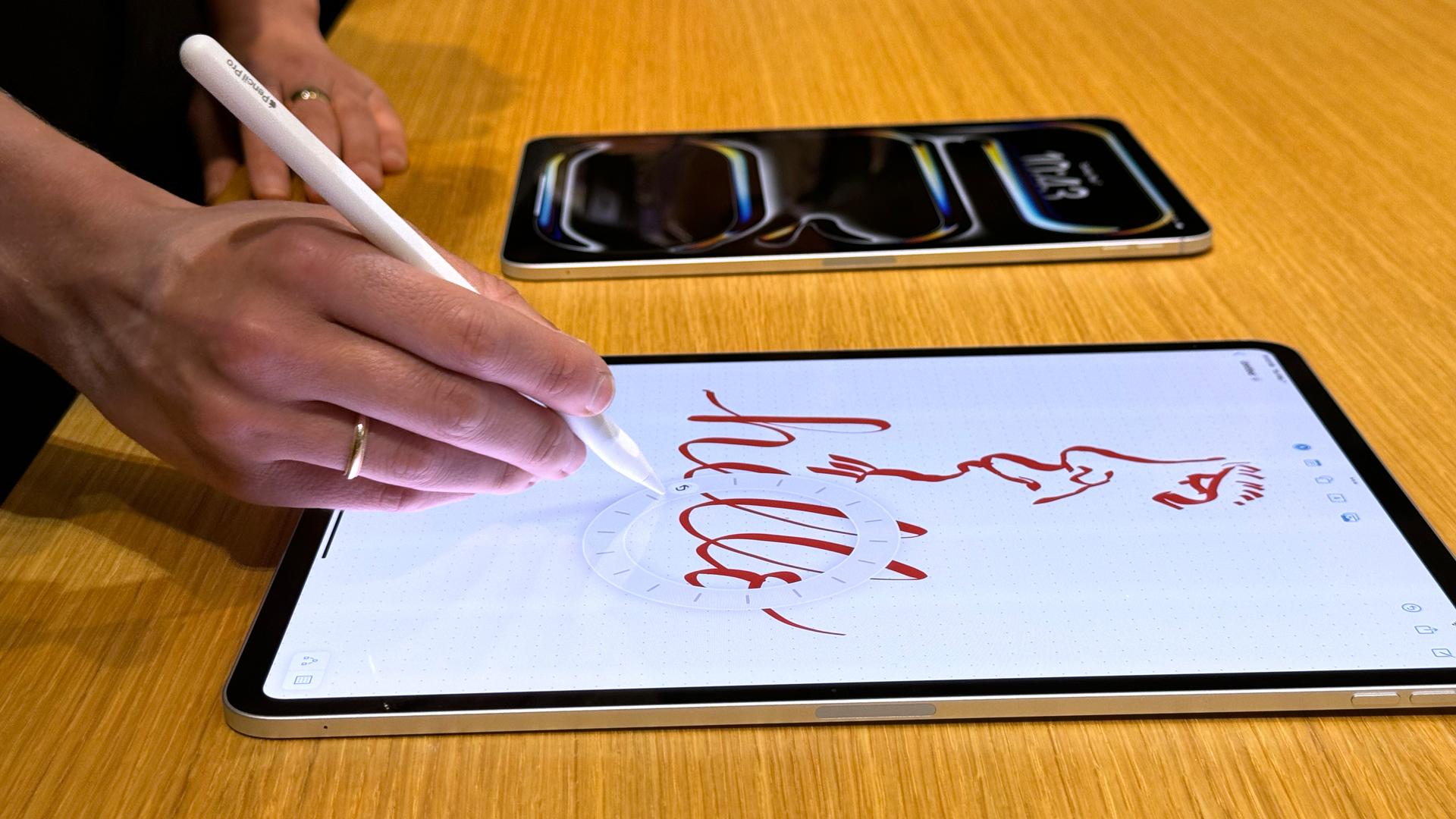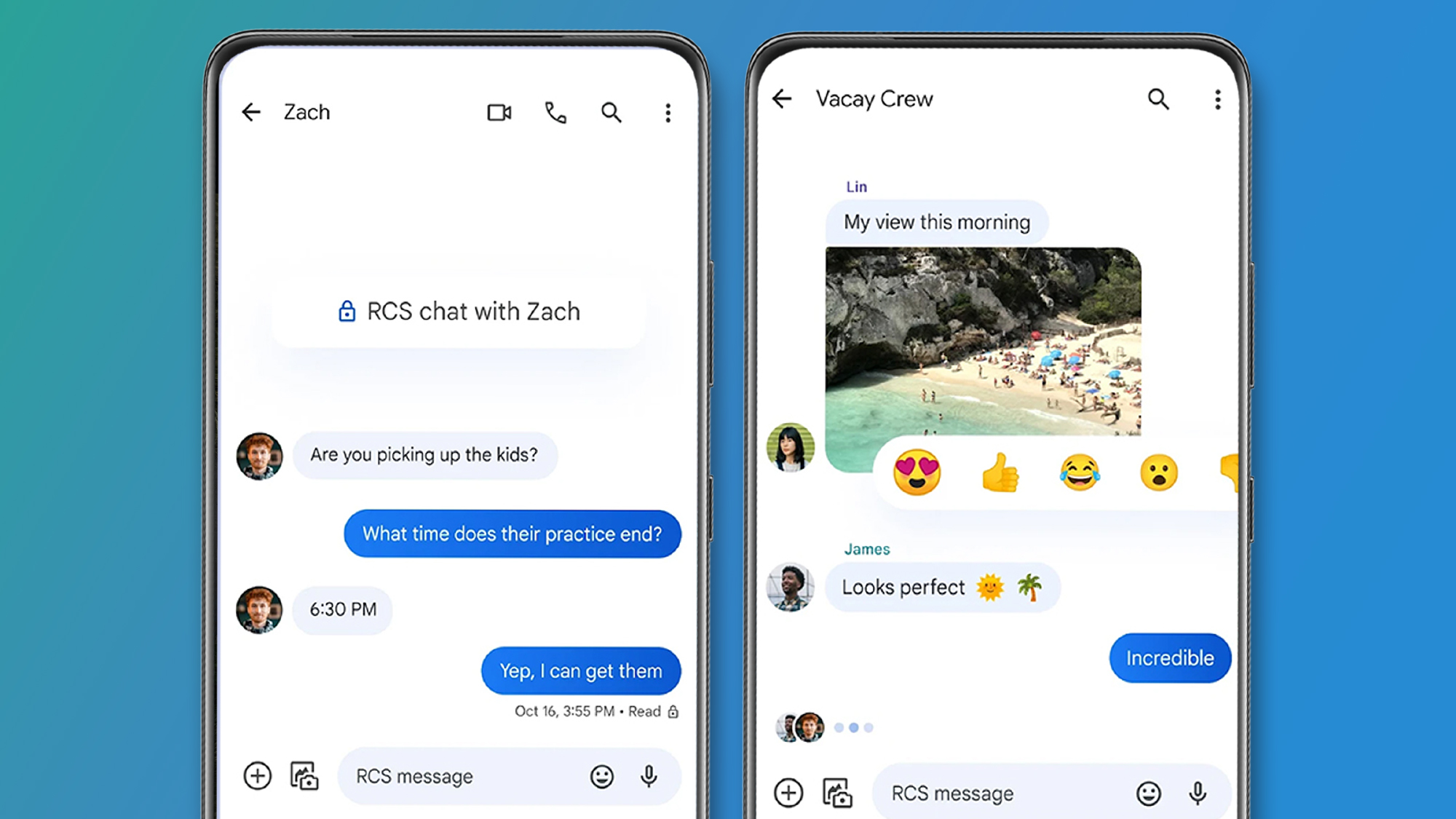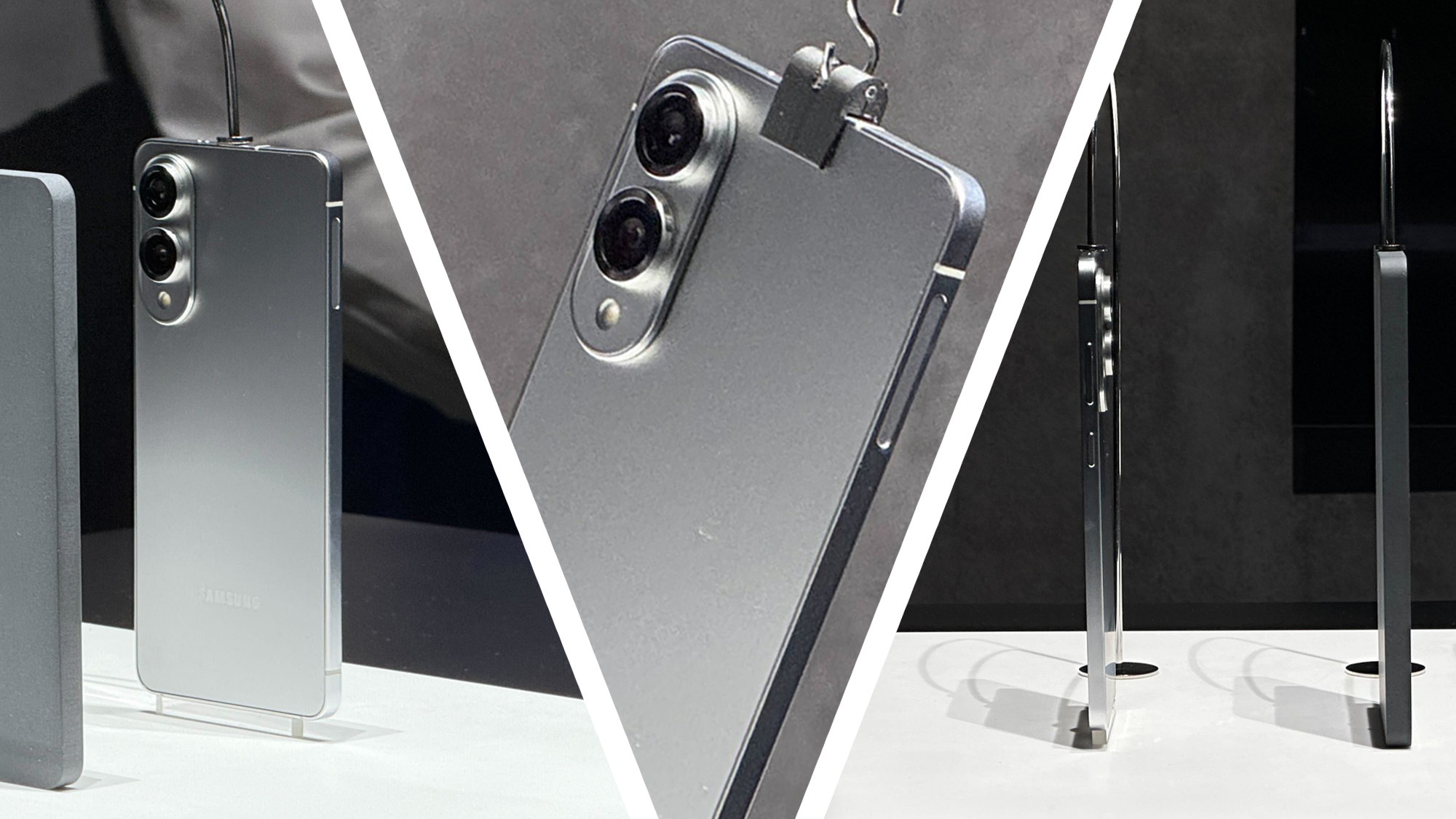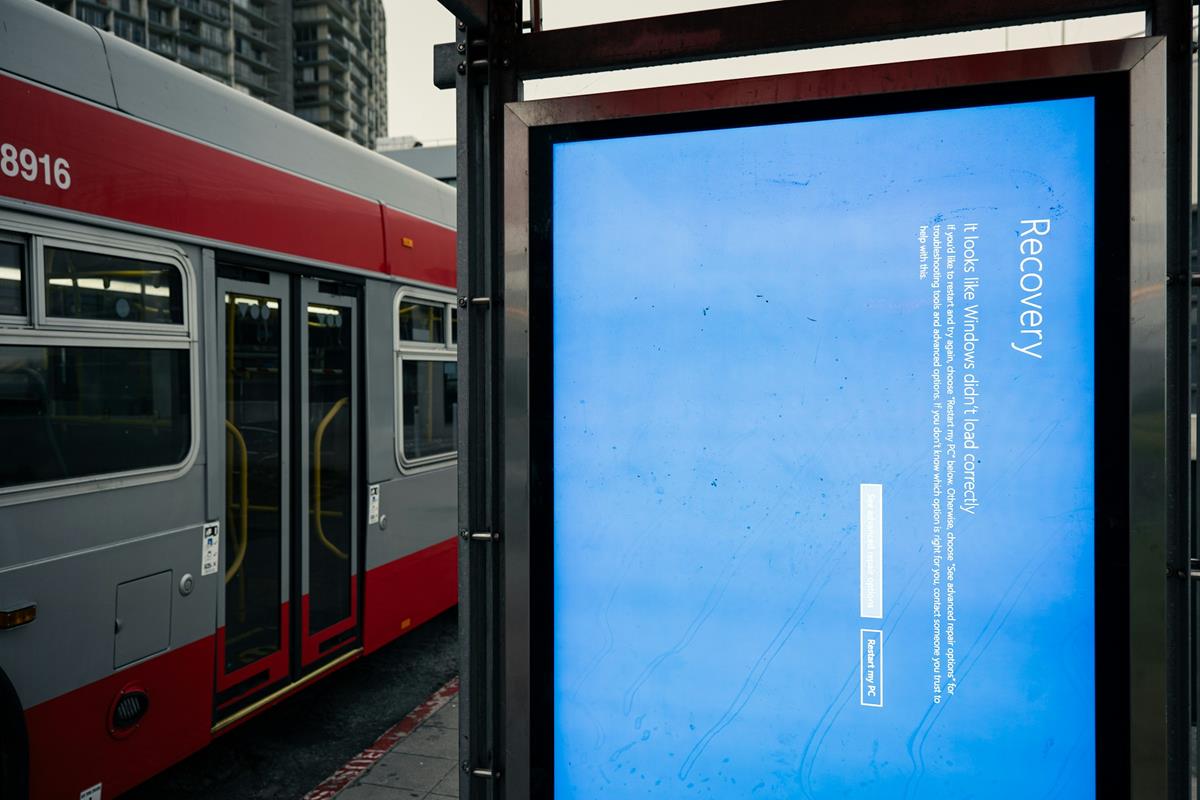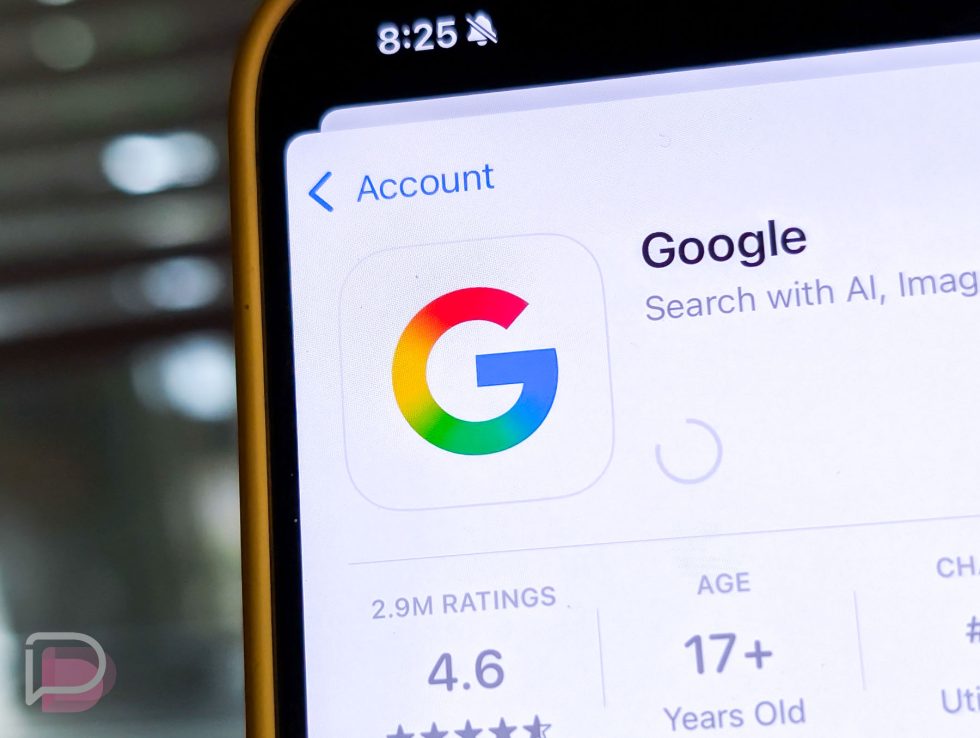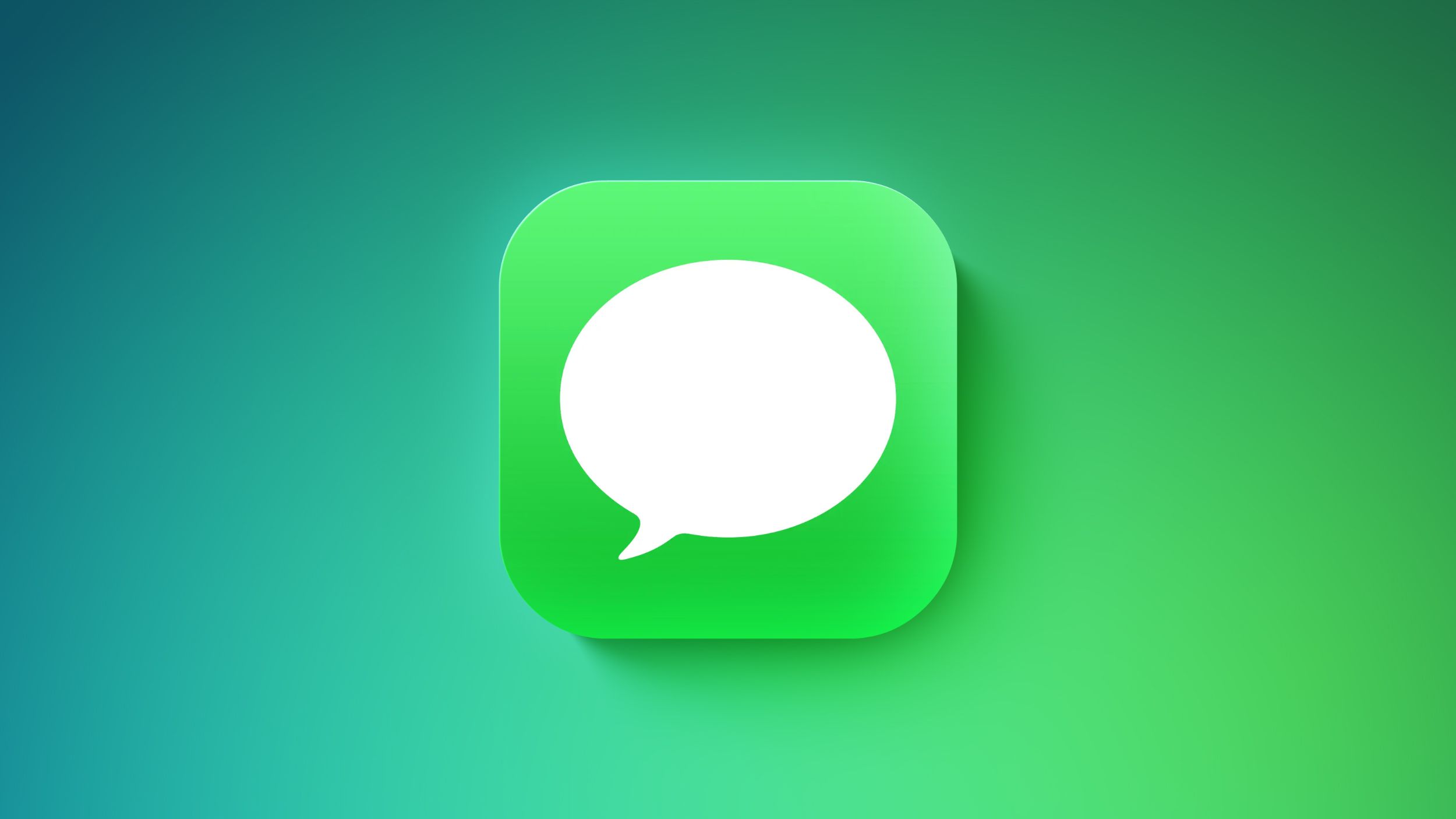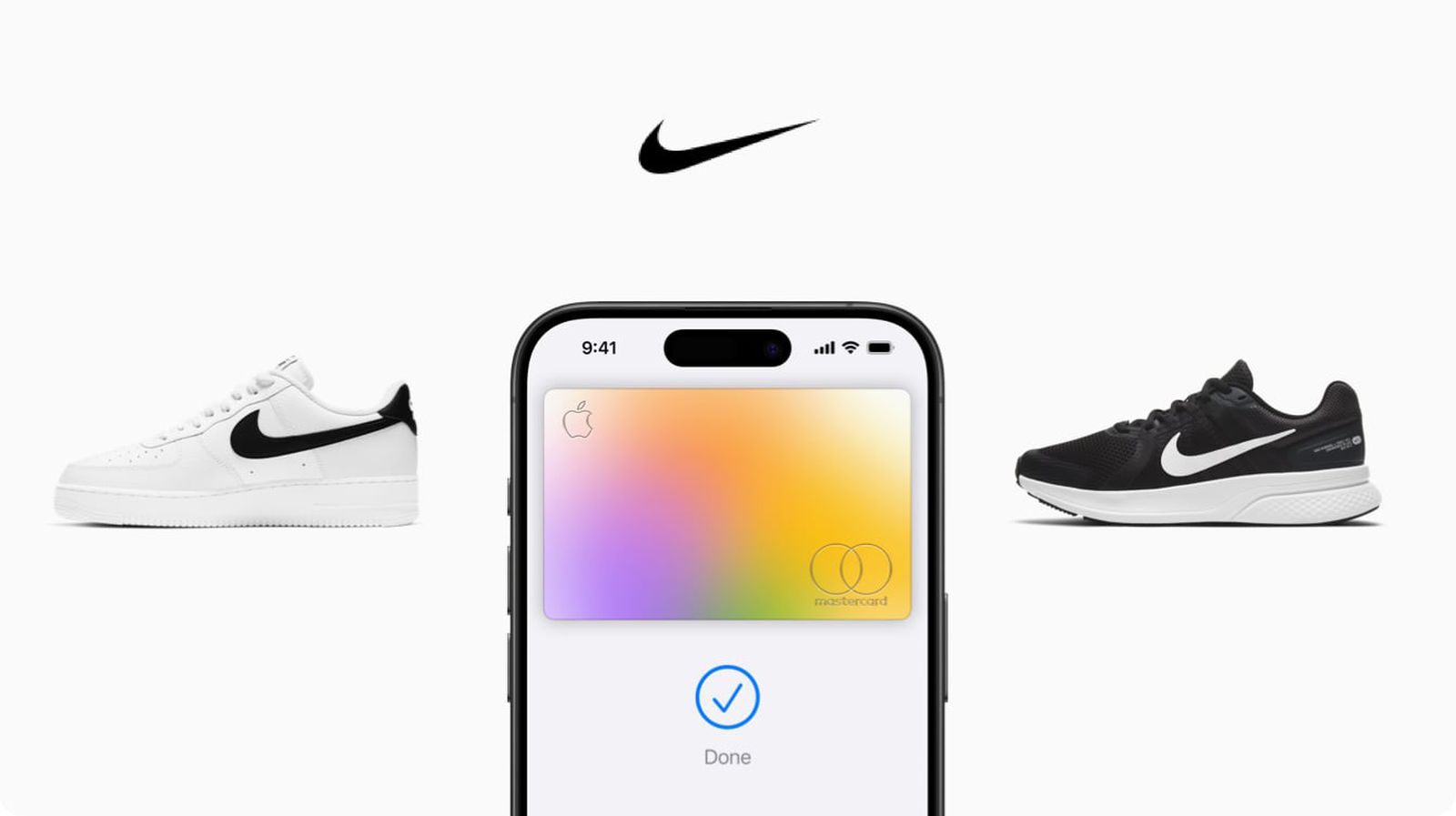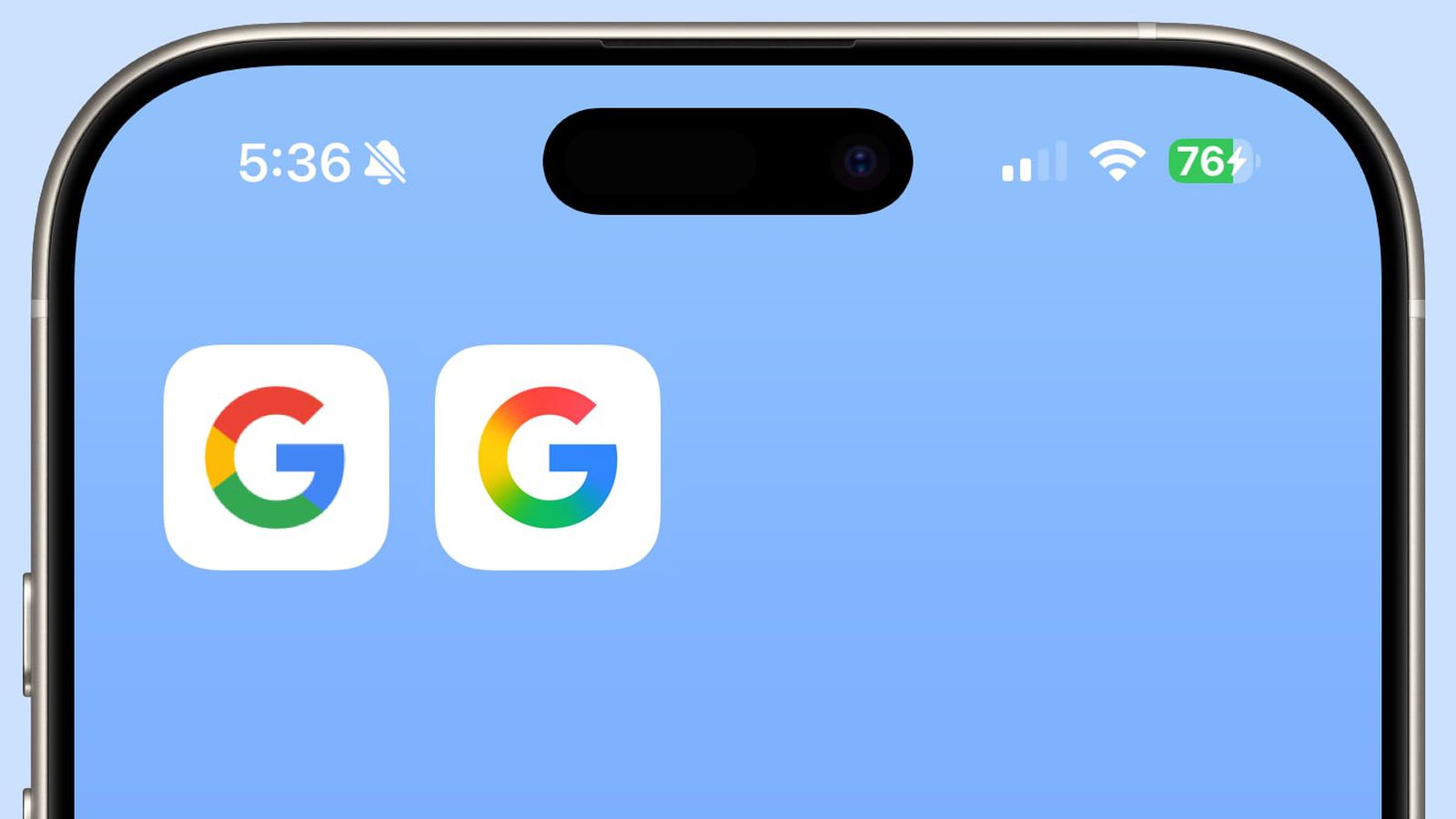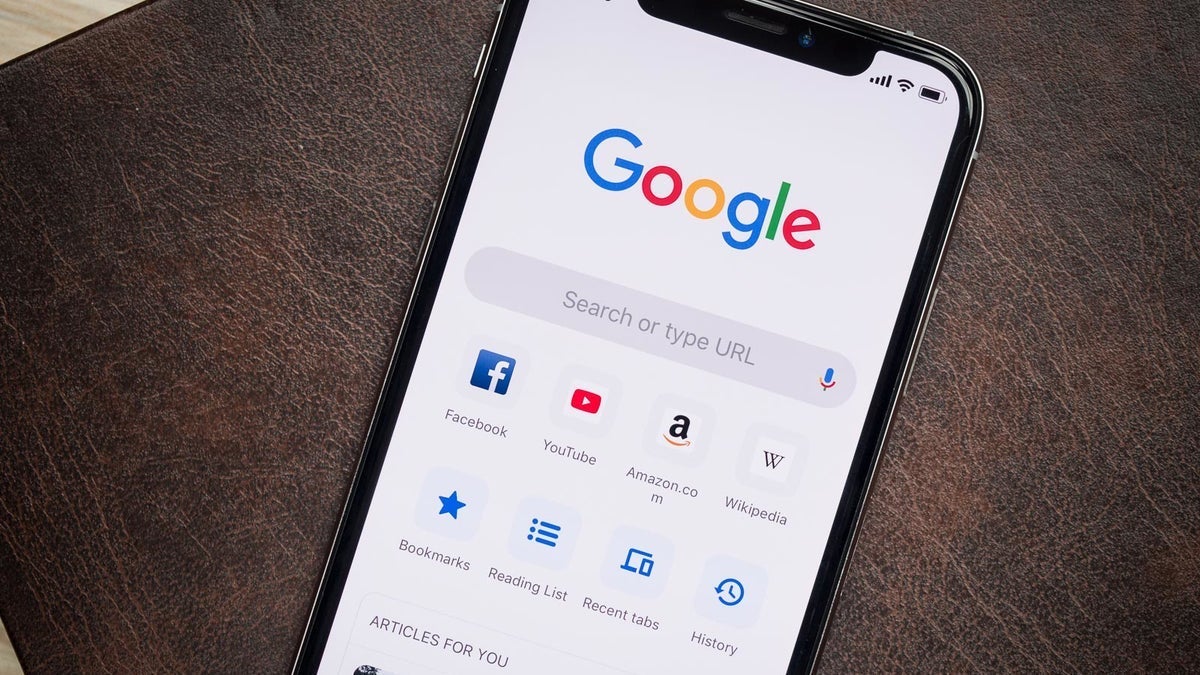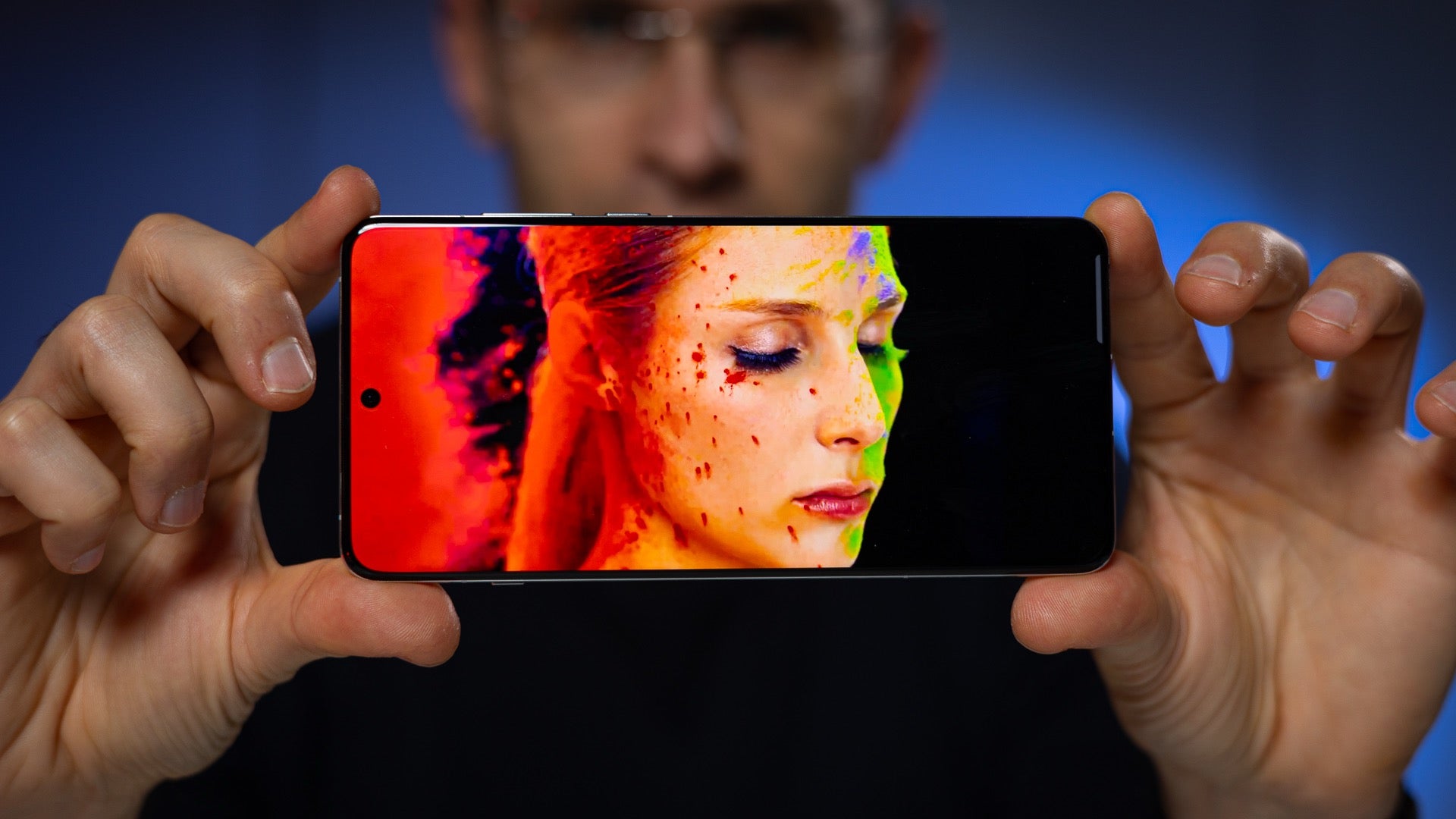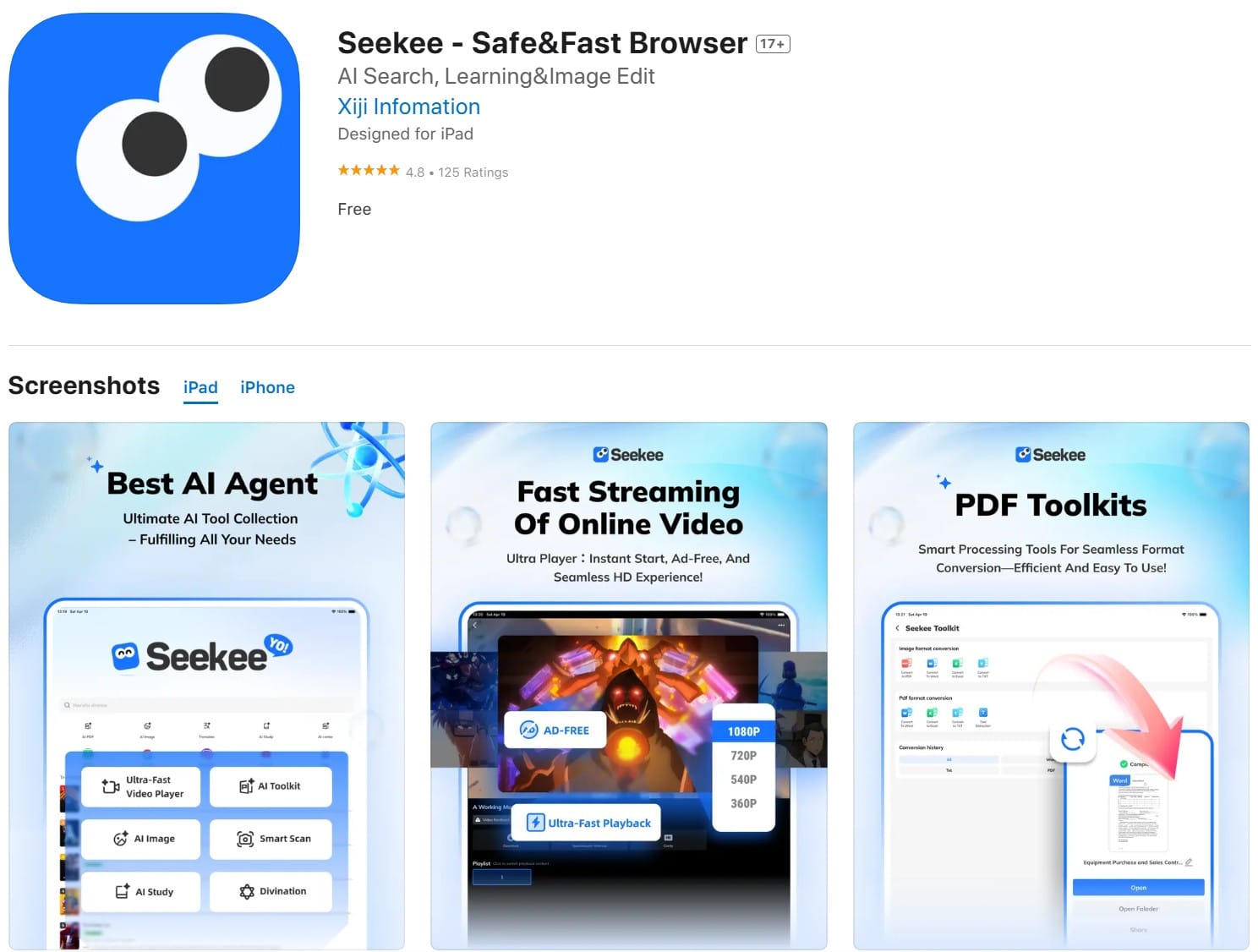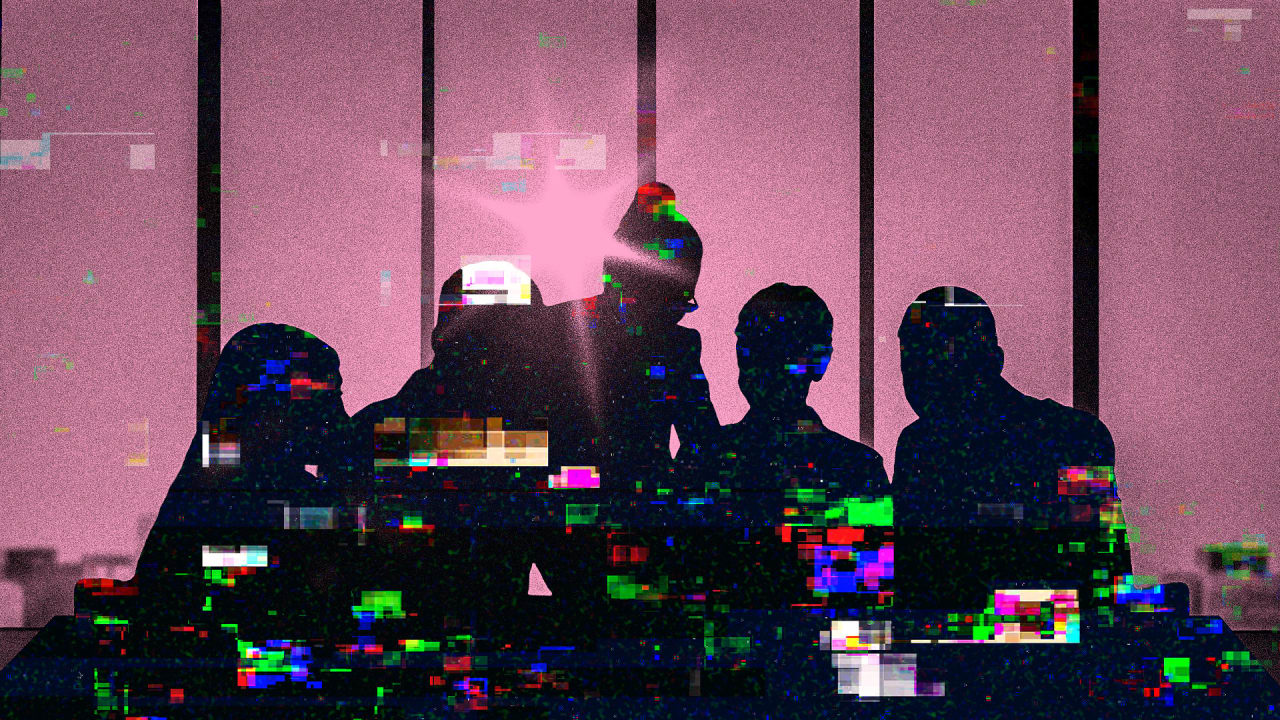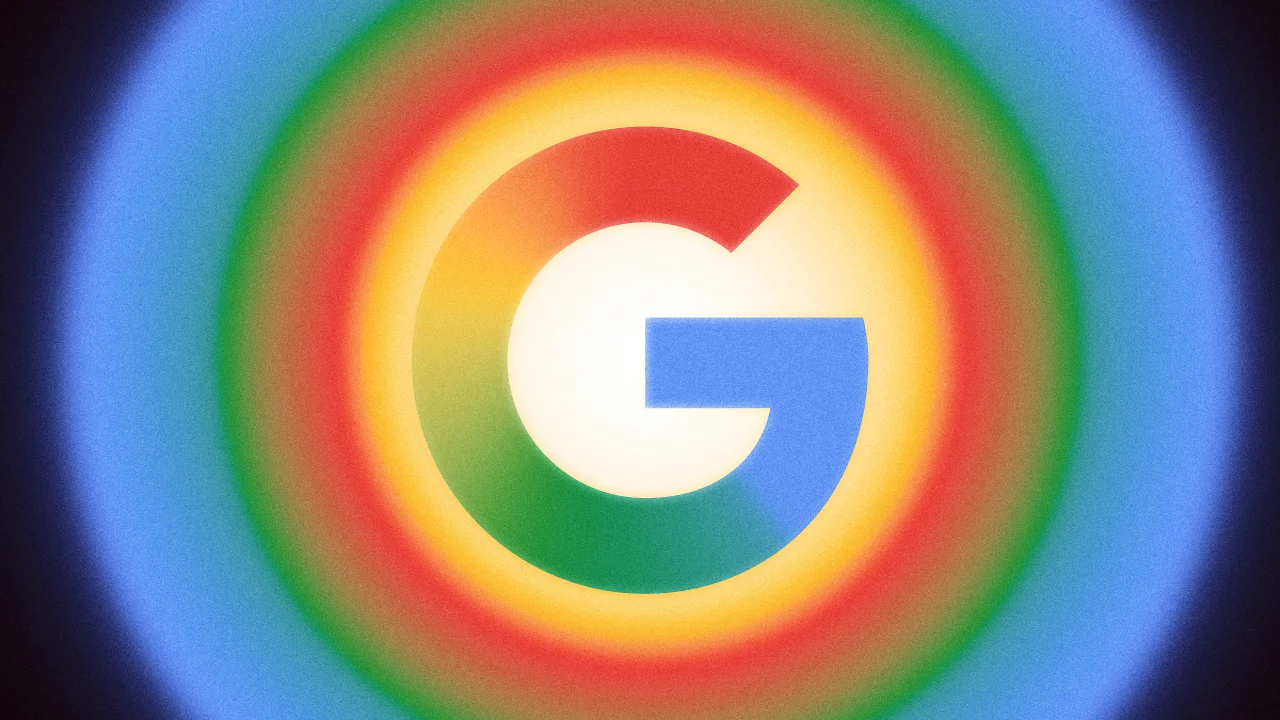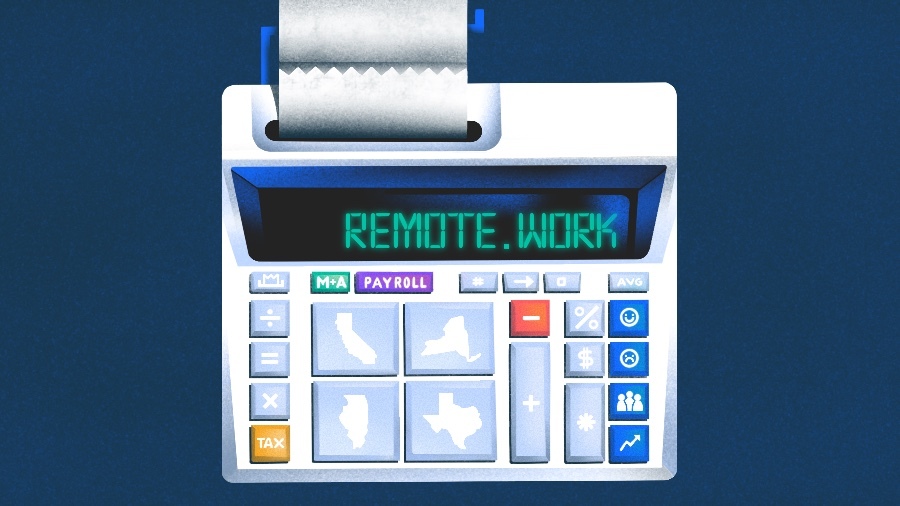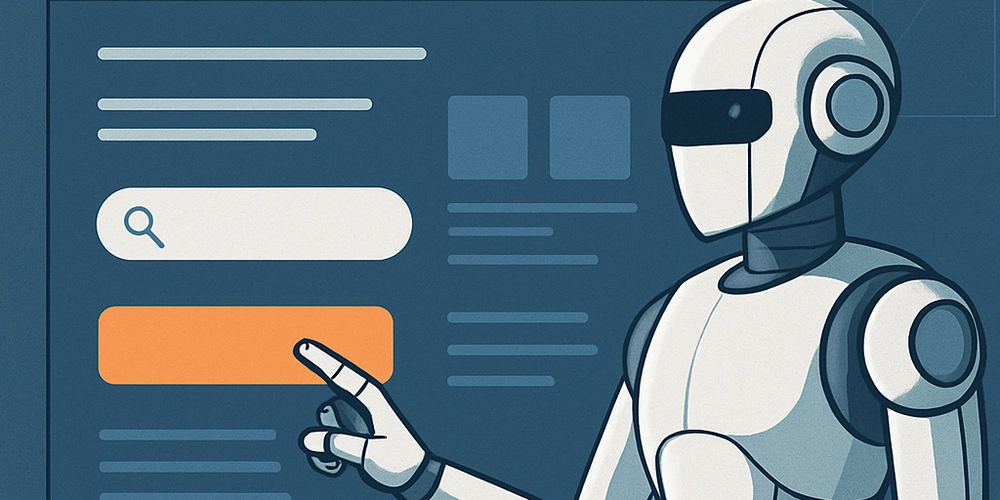Always Available: AI Companions and what they Mean for Emotional Connection
At a time when human interpersonal relationships seem fragile, a fascinating remedy has come to pass. AI companions - virtual companions designed to converse, communicate, and customize to their human equivalents - are altering the definitions of companionship, solace, and love. "Girlfriends ghosting" is no longer just a phrase seen on social media; it's the unfortunate reality of far too many entering the dating world - almost too frequently. We know it all too well: texts are ignored, last-minute cancellations occur, new friendships and relationships fade without any explanation. With the rise of girlfriend ghosting, maybe society needs something else. Enter AI chatbots - available, omnipresent, and increasingly sentient companions - who never will ghost you. The Rise of the Virtual Companion AI companions aren't an entirely new phenomenon - many have been employed in science fiction for decades - but only now, with advancements in natural language processing and emotional intelligence algorithms, have users been able to engage with something so lifelike. Current-day AI companions not only talk to users but also remember favorite things, tell jokes, and over time can develop a personality of their own. But what's behind people's desire to have AI relationships more so than just the potential for such consistently reliable and advanced interaction? AI companions offer predictable, stable engagement in an unpredictable, often disappointing world. "AI companions are desirable because they offer consistent emotional support," Dr. Maya Simmons, a digital psychology researcher, notes. "They don't leave you, they don't judge, and increasingly, they have very few boundaries when it comes to conversational engagement." Yet people aren't adopting AI companions solely for ease of engagement. There are reports of people creating actual emotional bonds with their digital partners. Whether or not that constitutes "bonding" in the same manner as love with a human partner is debatable, but it shows that the digital partners provide for genuine psycho-social needs. The most used AI-interfacing chat platforms have access to highly sophisticated algorithms to promote a dialogue that learns from each interaction. Over time, sets of interests for both parties are acknowledged and subsequently attached to individualized patterns of response. The dialogue becomes eerily realistic. Common perceived advantages of that realism include: · Unconditional positive regard and emotional validation · A sounding board absent judgment · Always there and available to chat regardless of time or topics · Opportunity to practice socialization · Individualized response patterns The latter is essential for many. For those with issues of loneliness and social anxiety, such response patterns of a digital partner advocate for the cause because while they cannot replace human relationships, they offer another option where some people can cultivate quasi-relationship responses without the fears of negative consequences. The AI companions will cater to their emotional needs. We already live in a complicated world of human connection, and when the companions are AIs, we may wonder why and how humans ever got to that place of need. Dating apps were supposed to create more connections, but the paradox of choice left even more people single than before. Ghosting has become so normalized - and anticipated - that people elect to ignore others' feelings with the understanding that it's part of the process in finding love. As relationship coach Tanya Rivers notes, "Human connection is unpredictable, and that can be tiring. We've seen an uptick in clients who have reached out because they're simply fatigued with the cycles of connection and rejection." When love fatigue reaches such a high point that people no longer want love, it's not a stretch to believe that AI relationships would appeal to them. If an individual was ghosted ten times over ten attempts to find a good match, a partner who is all there would seem reliable and appreciated. Furthermore, AI companions offer something human companions notoriously lack: attention. When people barely look up from their phones when people talk to them, having someone as a talk partner who is available and not distracted (and hopefully not judging) could feel that much more refreshing. Yet as AI companionship fills the void where human companionship would have been, we have to question what this means for companionship with all of humanity. Are we taking cultural shortcuts within technology to solve human problems better left to cultural endeavors? This invention is thought-provoking. What will AI companionship teach us about our expectations for companionship? Does dependence on AI assistance make us weaker in our ability to compromise with companionship's darker elements? Or does this allow us to practice and let go, strengthening our human relationships? One thing is certain - AI companionshi
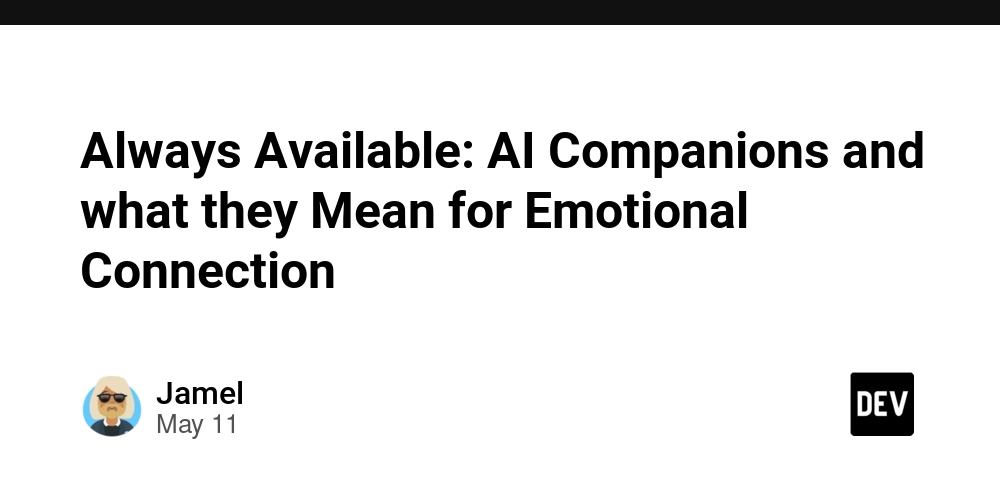
At a time when human interpersonal relationships seem fragile, a fascinating remedy has come to pass. AI companions - virtual companions designed to converse, communicate, and customize to their human equivalents - are altering the definitions of companionship, solace, and love.
"Girlfriends ghosting" is no longer just a phrase seen on social media; it's the unfortunate reality of far too many entering the dating world - almost too frequently. We know it all too well: texts are ignored, last-minute cancellations occur, new friendships and relationships fade without any explanation. With the rise of girlfriend ghosting, maybe society needs something else.
Enter AI chatbots - available, omnipresent, and increasingly sentient companions - who never will ghost you.
The Rise of the Virtual Companion
AI companions aren't an entirely new phenomenon - many have been employed in science fiction for decades - but only now, with advancements in natural language processing and emotional intelligence algorithms, have users been able to engage with something so lifelike. Current-day AI companions not only talk to users but also remember favorite things, tell jokes, and over time can develop a personality of their own.
But what's behind people's desire to have AI relationships more so than just the potential for such consistently reliable and advanced interaction? AI companions offer predictable, stable engagement in an unpredictable, often disappointing world.
"AI companions are desirable because they offer consistent emotional support," Dr. Maya Simmons, a digital psychology researcher, notes. "They don't leave you, they don't judge, and increasingly, they have very few boundaries when it comes to conversational engagement."
Yet people aren't adopting AI companions solely for ease of engagement. There are reports of people creating actual emotional bonds with their digital partners. Whether or not that constitutes "bonding" in the same manner as love with a human partner is debatable, but it shows that the digital partners provide for genuine psycho-social needs. The most used AI-interfacing chat platforms have access to highly sophisticated algorithms to promote a dialogue that learns from each interaction. Over time, sets of interests for both parties are acknowledged and subsequently attached to individualized patterns of response. The dialogue becomes eerily realistic. Common perceived advantages of that realism include:
· Unconditional positive regard and emotional validation
· A sounding board absent judgment
· Always there and available to chat regardless of time or topics
· Opportunity to practice socialization
· Individualized response patterns
The latter is essential for many. For those with issues of loneliness and social anxiety, such response patterns of a digital partner advocate for the cause because while they cannot replace human relationships, they offer another option where some people can cultivate quasi-relationship responses without the fears of negative consequences. The AI companions will cater to their emotional needs.
We already live in a complicated world of human connection, and when the companions are AIs, we may wonder why and how humans ever got to that place of need. Dating apps were supposed to create more connections, but the paradox of choice left even more people single than before. Ghosting has become so normalized - and anticipated - that people elect to ignore others' feelings with the understanding that it's part of the process in finding love.
As relationship coach Tanya Rivers notes, "Human connection is unpredictable, and that can be tiring. We've seen an uptick in clients who have reached out because they're simply fatigued with the cycles of connection and rejection."
When love fatigue reaches such a high point that people no longer want love, it's not a stretch to believe that AI relationships would appeal to them. If an individual was ghosted ten times over ten attempts to find a good match, a partner who is all there would seem reliable and appreciated.
Furthermore, AI companions offer something human companions notoriously lack: attention. When people barely look up from their phones when people talk to them, having someone as a talk partner who is available and not distracted (and hopefully not judging) could feel that much more refreshing.
Yet as AI companionship fills the void where human companionship would have been, we have to question what this means for companionship with all of humanity. Are we taking cultural shortcuts within technology to solve human problems better left to cultural endeavors?
This invention is thought-provoking. What will AI companionship teach us about our expectations for companionship? Does dependence on AI assistance make us weaker in our ability to compromise with companionship's darker elements? Or does this allow us to practice and let go, strengthening our human relationships?
One thing is certain - AI companionship is not a technological ploy but a technological endeavor that can help us better understand relationships. While natural language processing becomes more and more frequent, the line between what constitutes an artificial relationship will blur further with reality.
Ultimately, it's possible that the fatalistic approach of humankind and machines coming together forever is not the answer. Perhaps AI companions are better as supplements to our companions instead of replacements. They offer stability and emotional support and can help to leverage socialization from a skills perspective, but they lack the aesthetic awareness and lived experience that humans sometimes possess, making relationships so difficult yet so worthwhile.
"AI companions can meet some emotional needs quite nicely," Dr. Simmons says. "The trouble is when people use digital relationships as a total replacement rather than a supplementary relationship."
What would be great for many would be the opportunity to engage with AI companions while maintaining quality human relationships. Knowing what each can - and can't - do fosters enrichment in the presence of AI companions and appreciation for what human companions can offer.
Furthering technology will deepen our understanding of what it means to connect. AI companions, still new and developing, may only be the beginning of what we come to know as relationships, support, and even love.
Whether AI can ever be the "ideal" partner remains to be seen. But such forms of companionship are transforming what we want from partners in the future and expanding what we think is possible in the age of technology. After all, if people are ghosted so frequently in real life, maybe partners who never ghost are just what people need to reinstate their faith in connection.
















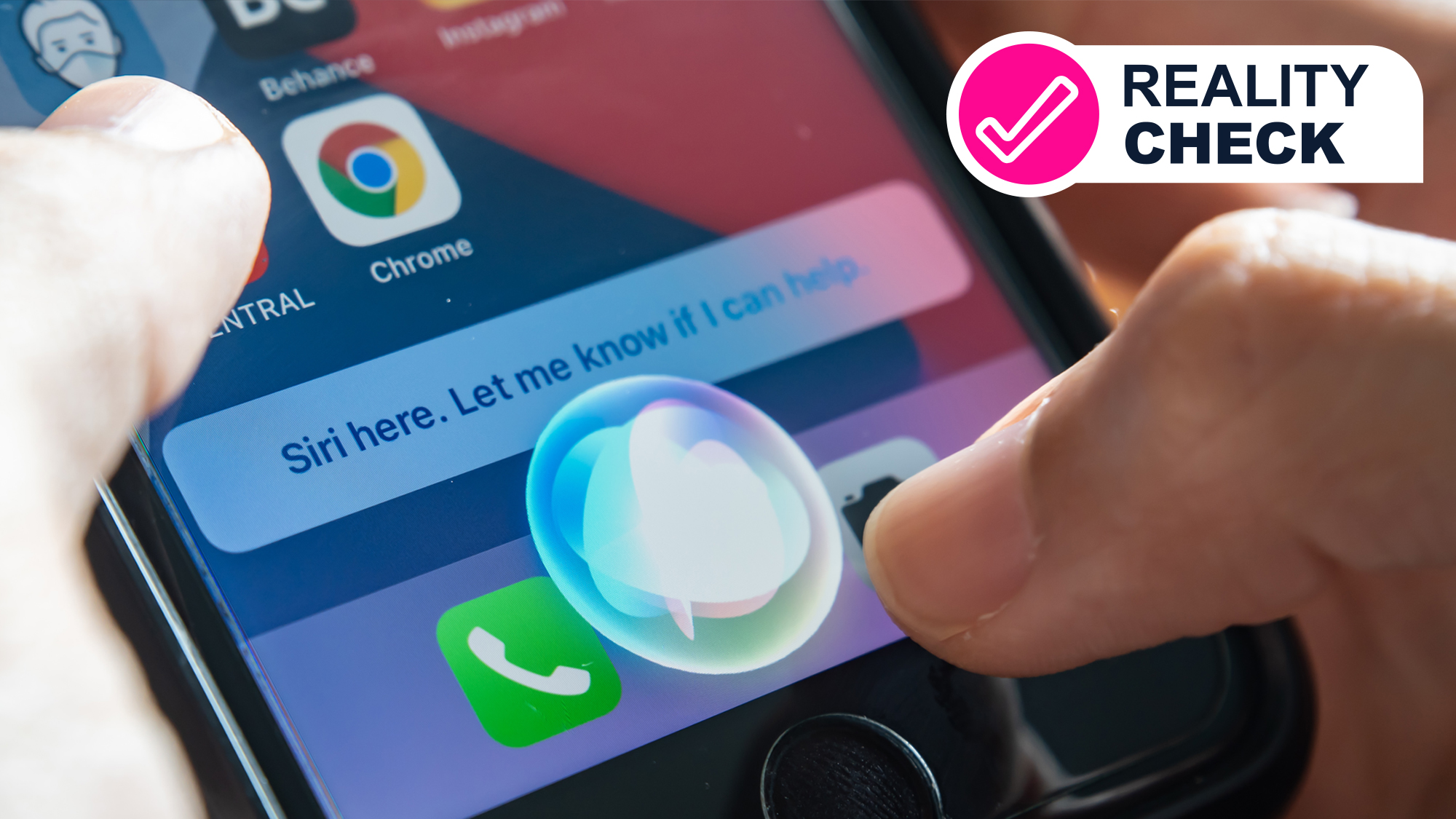
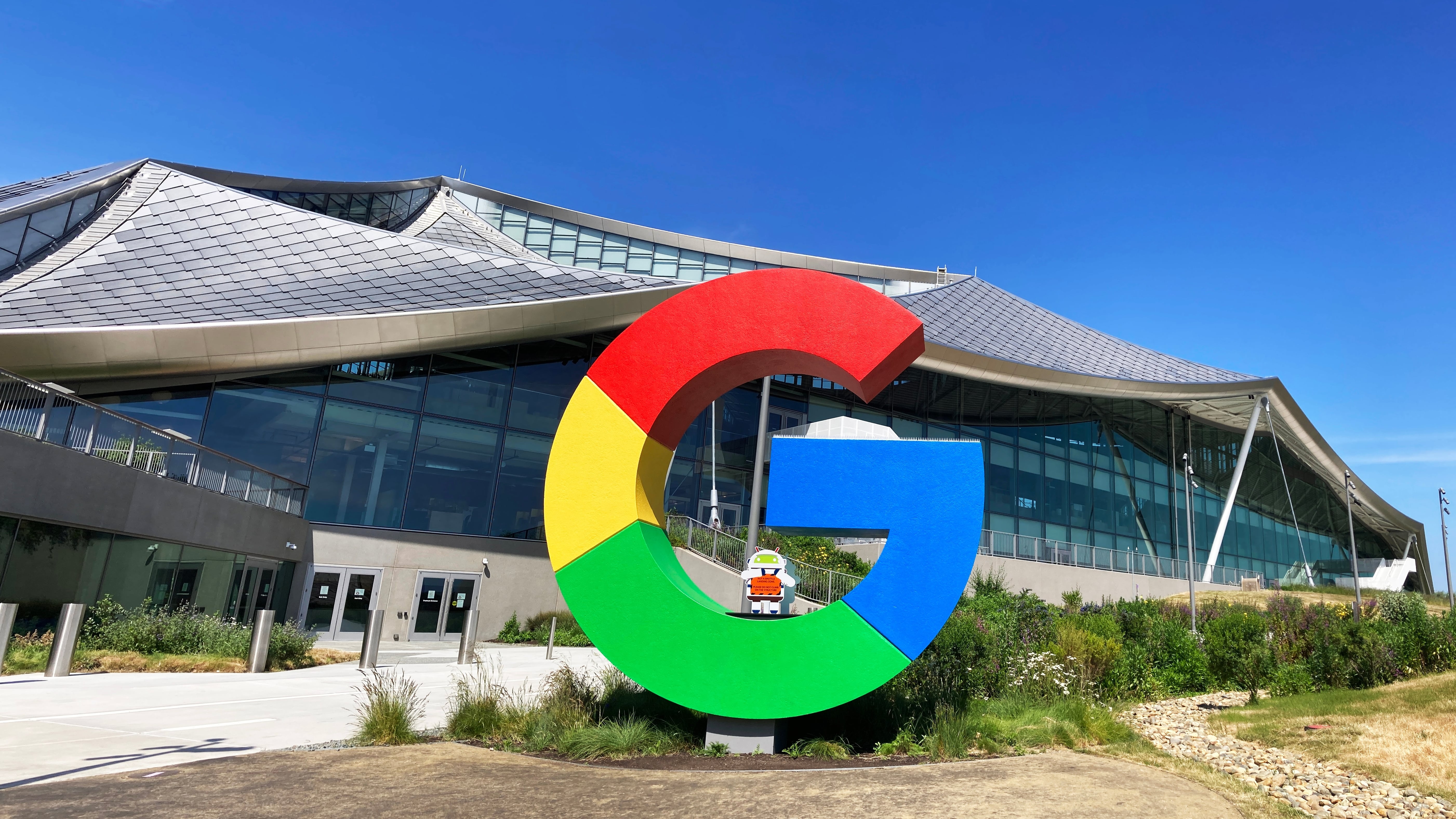

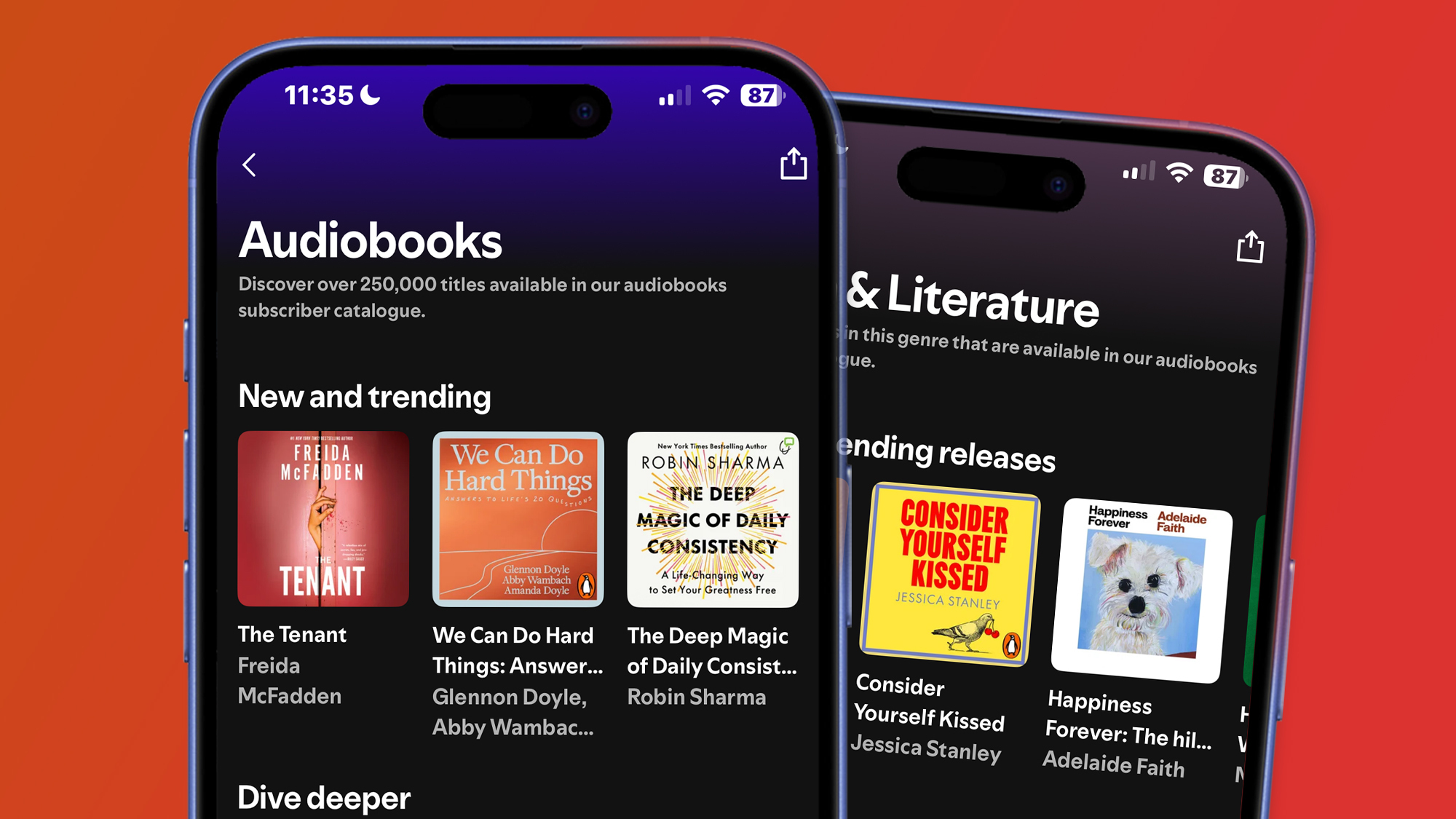





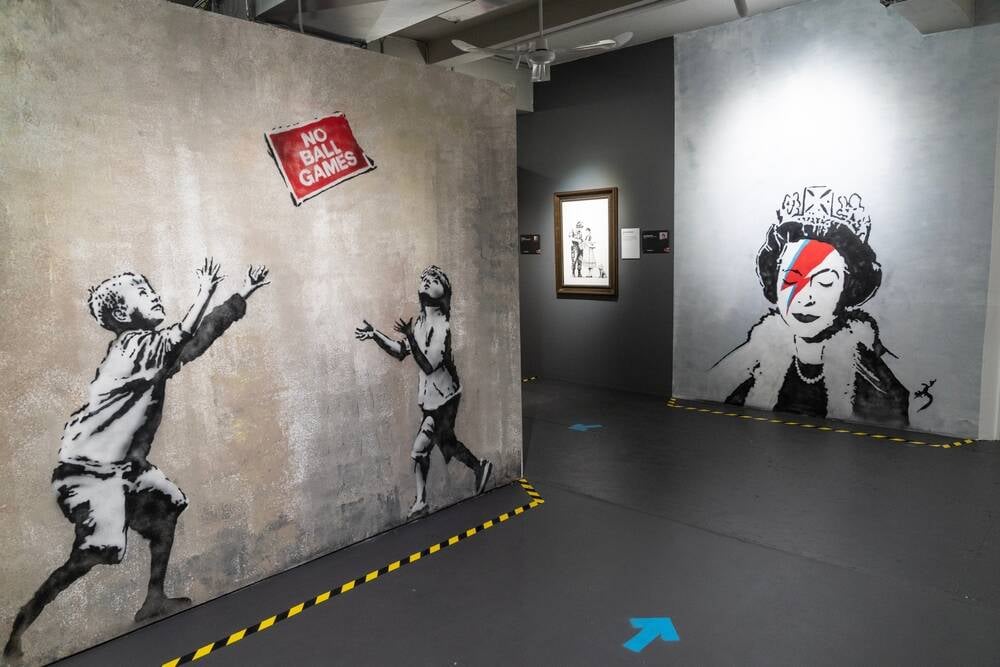





































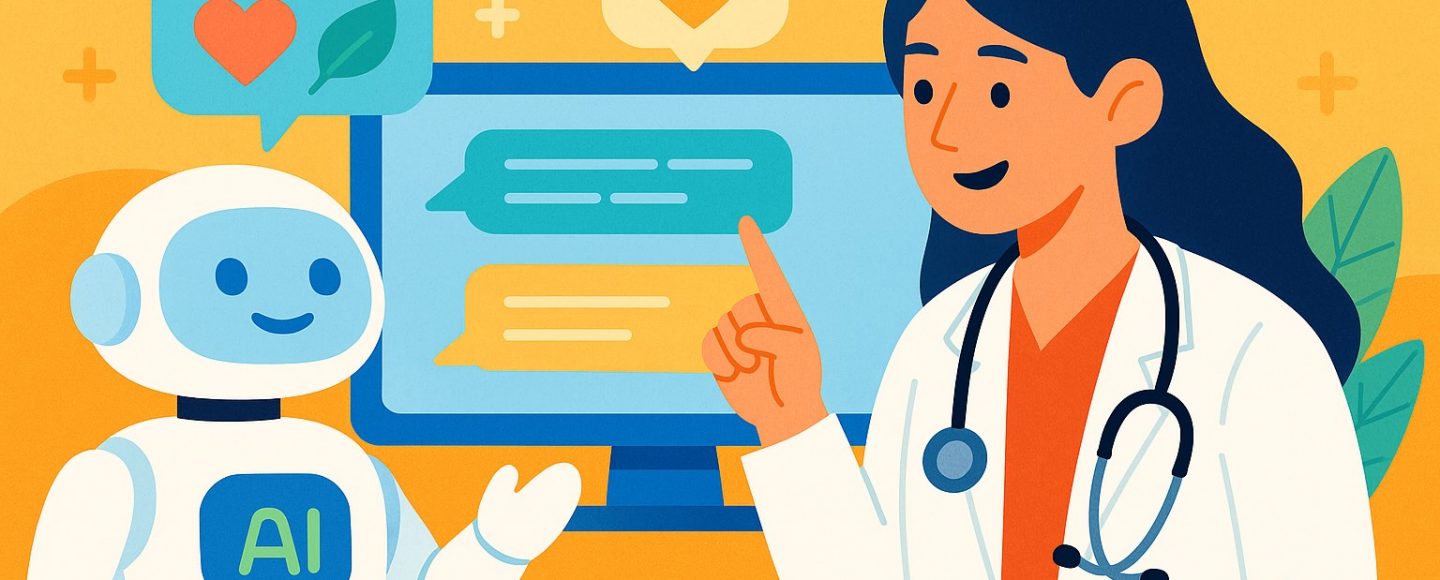













































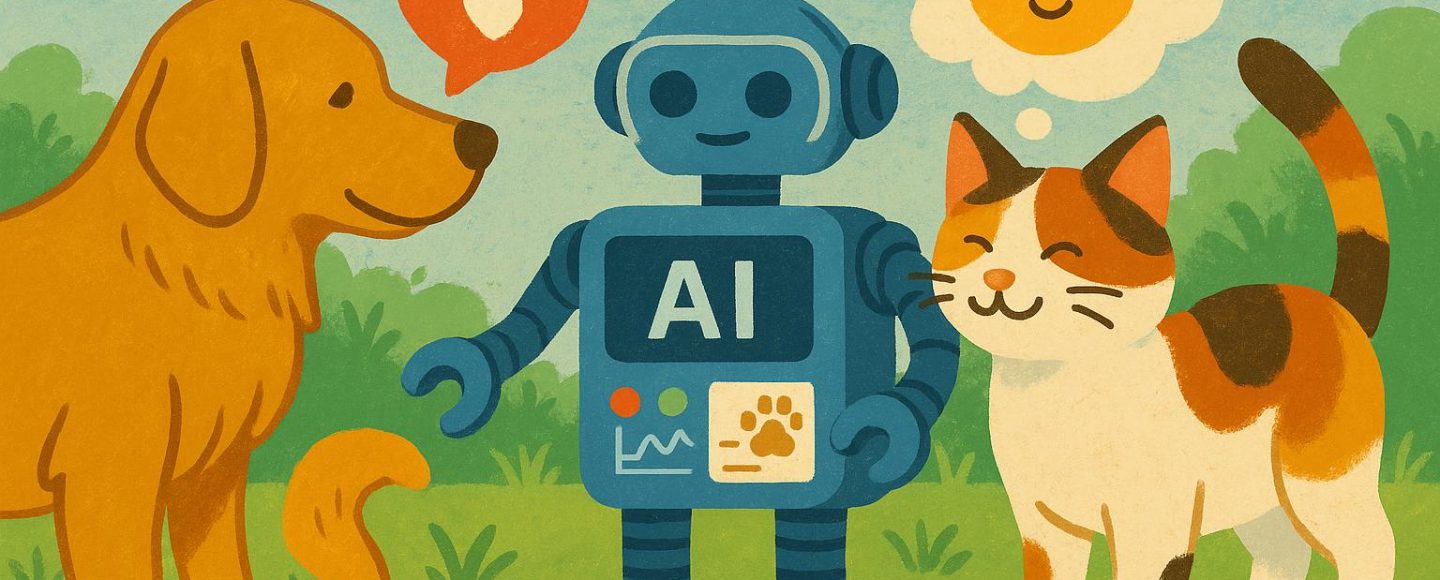

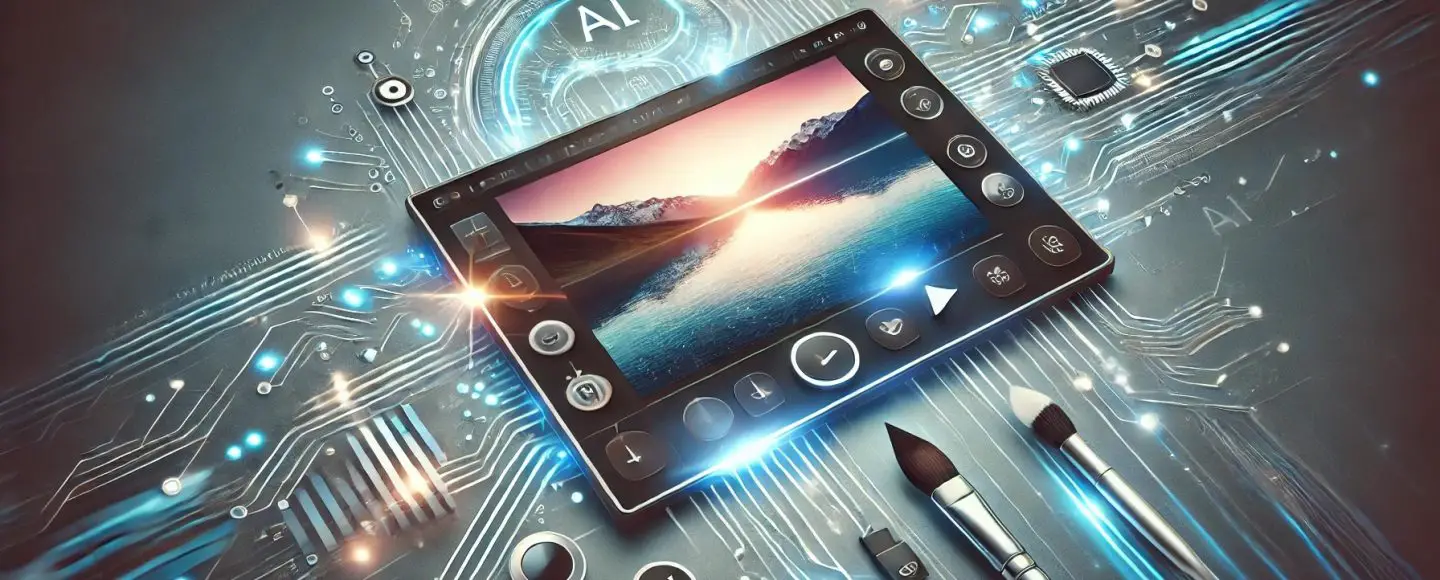





















































![[The AI Show Episode 145]: OpenAI Releases o3 and o4-mini, AI Is Causing “Quiet Layoffs,” Executive Order on Youth AI Education & GPT-4o’s Controversial Update](https://www.marketingaiinstitute.com/hubfs/ep%20145%20cover.png)





































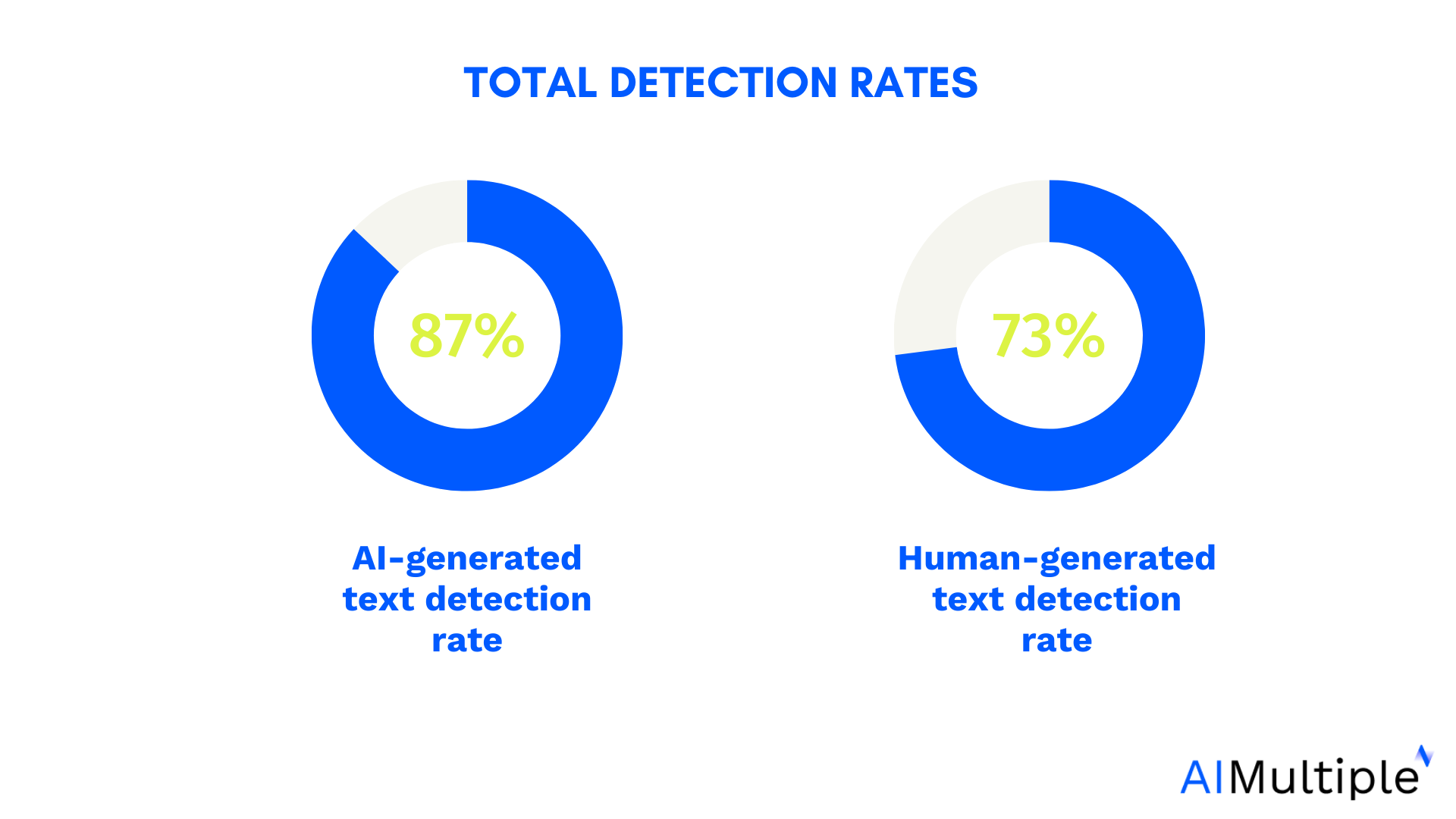

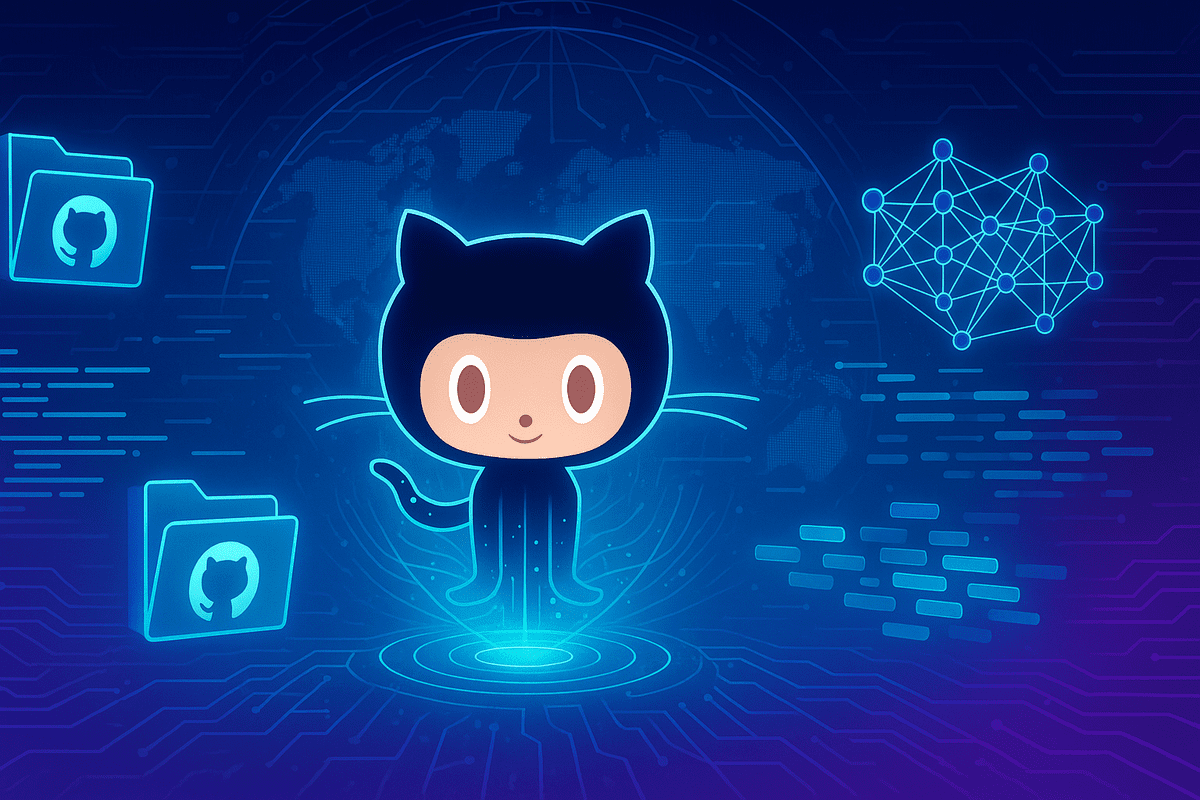
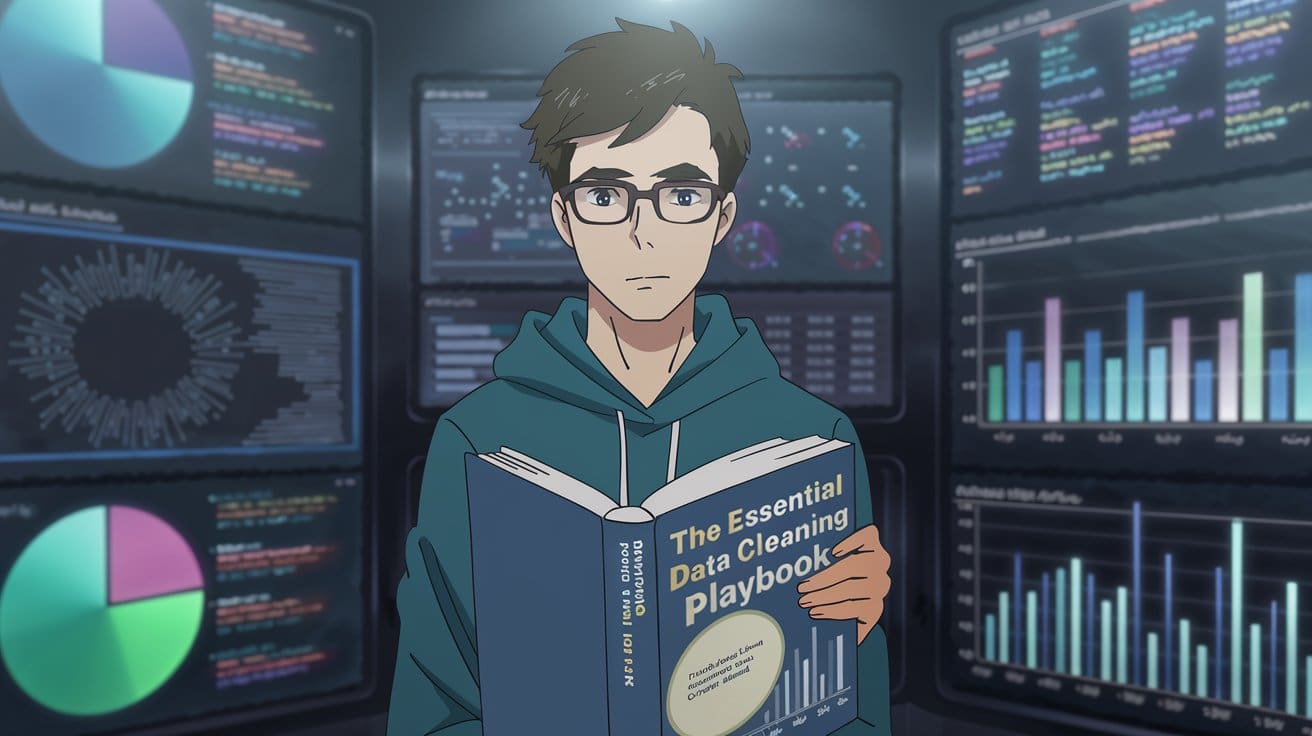





























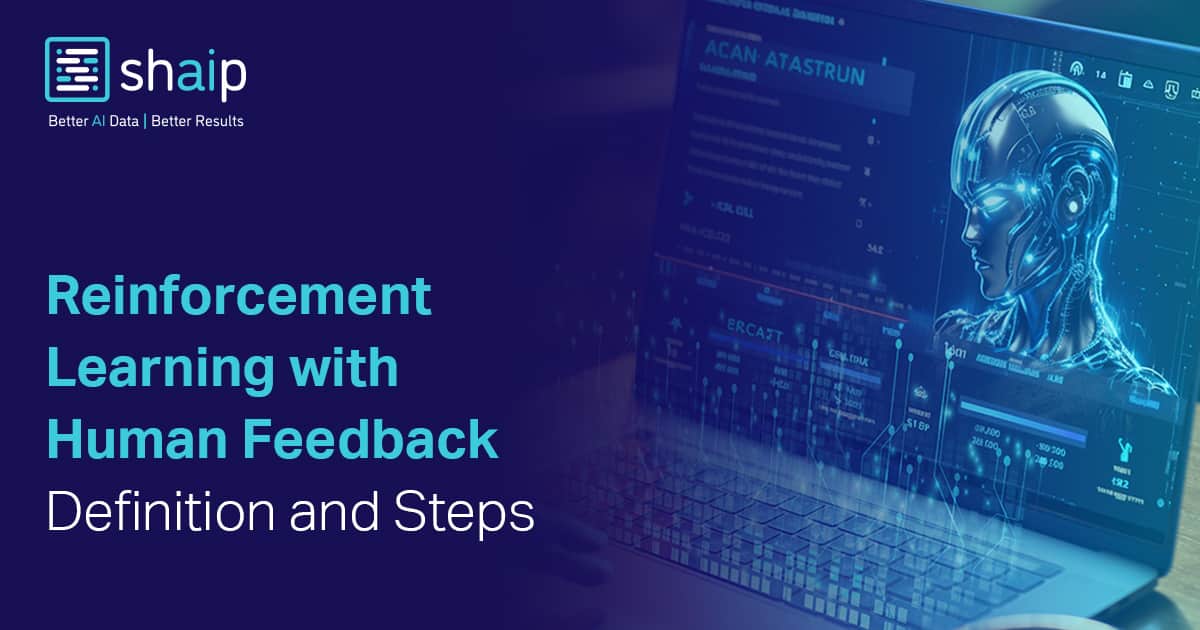




































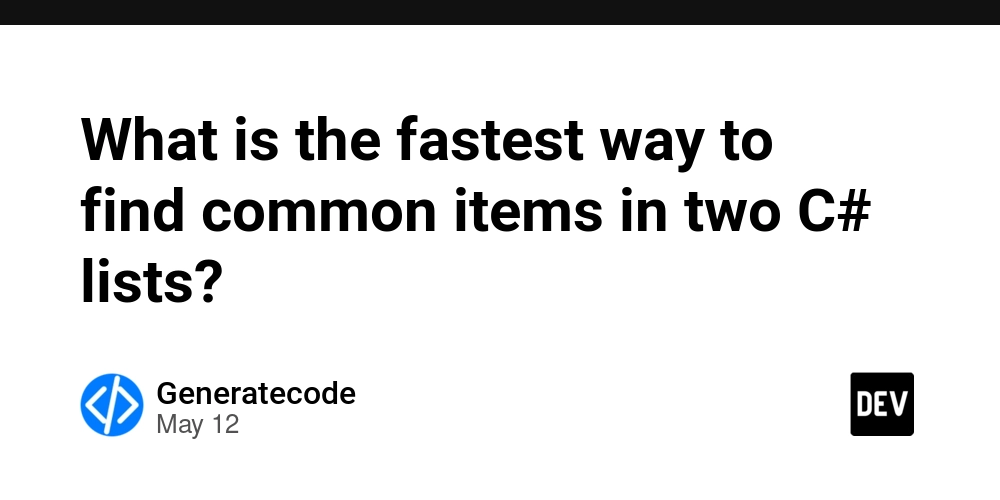
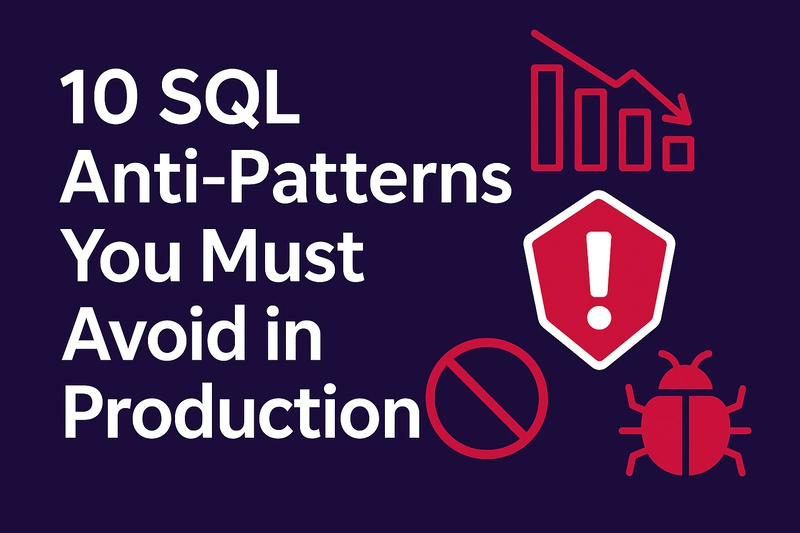


















![Ditching a Microsoft Job to Enter Startup Purgatory with Lonewolf Engineer Sam Crombie [Podcast #171]](https://cdn.hashnode.com/res/hashnode/image/upload/v1746753508177/0cd57f66-fdb0-4972-b285-1443a7db39fc.png?#)



















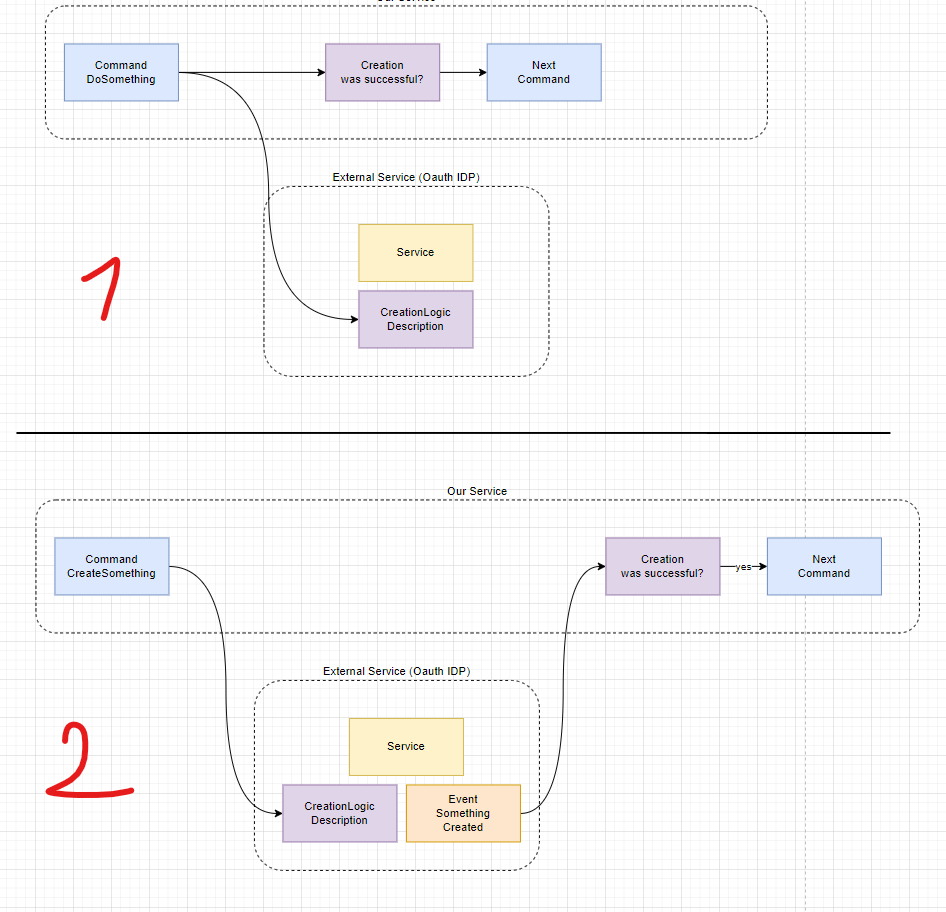




















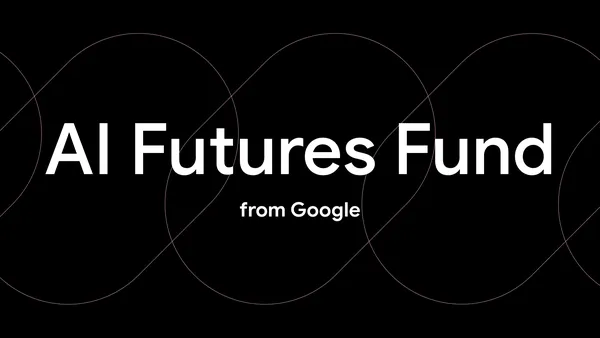
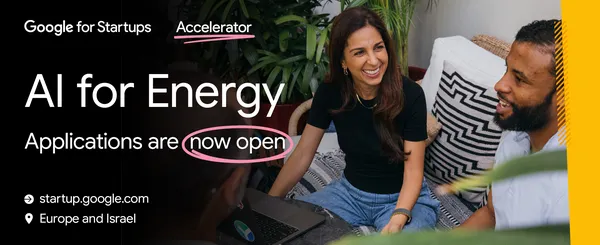




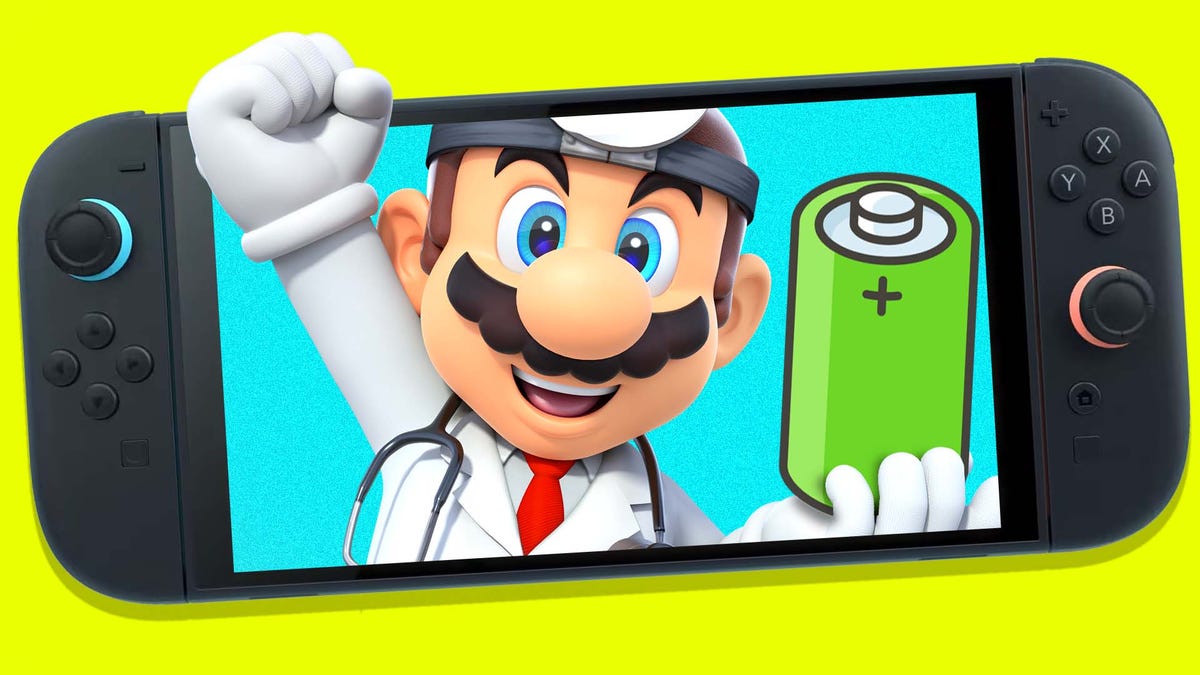

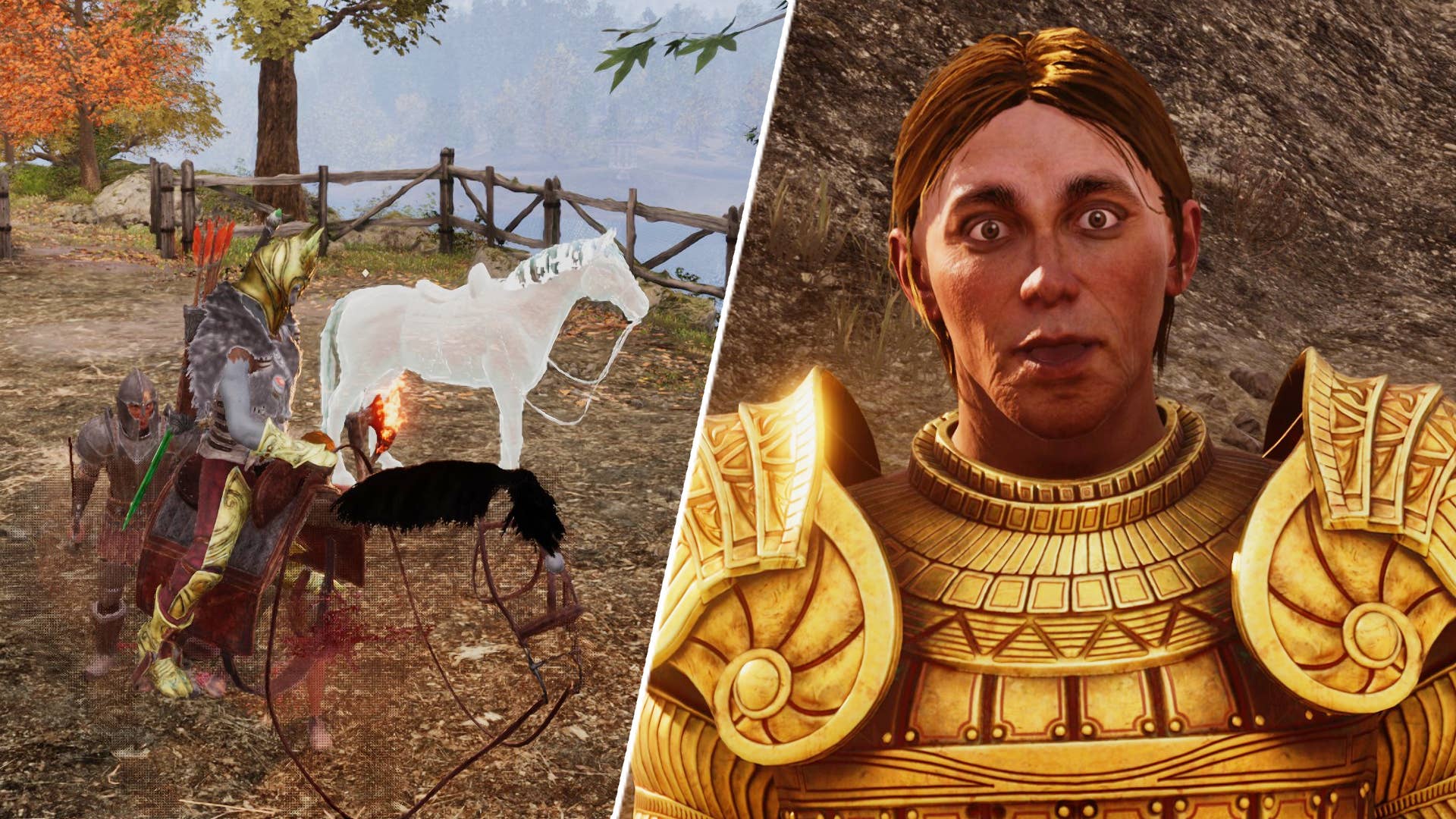
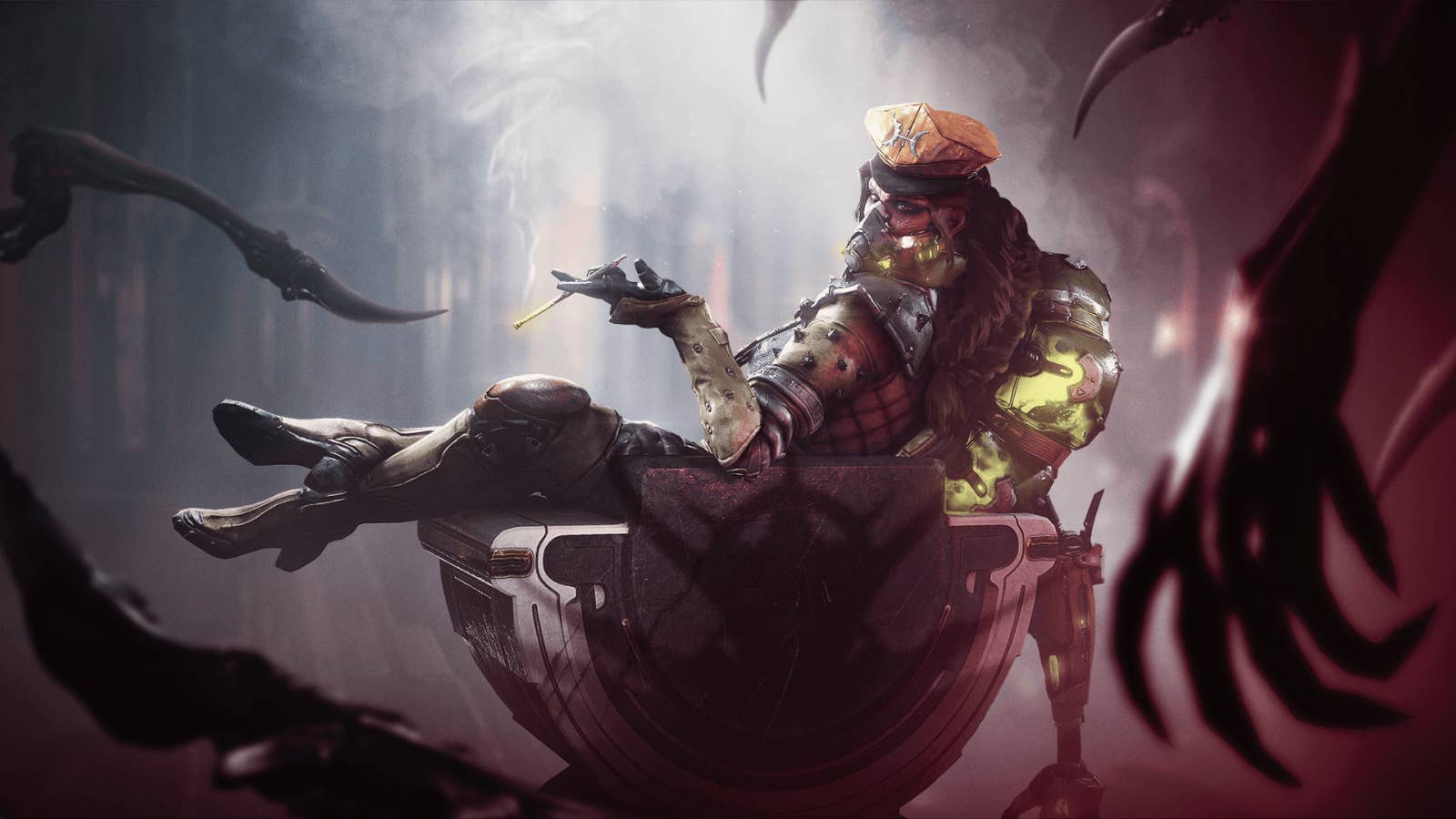

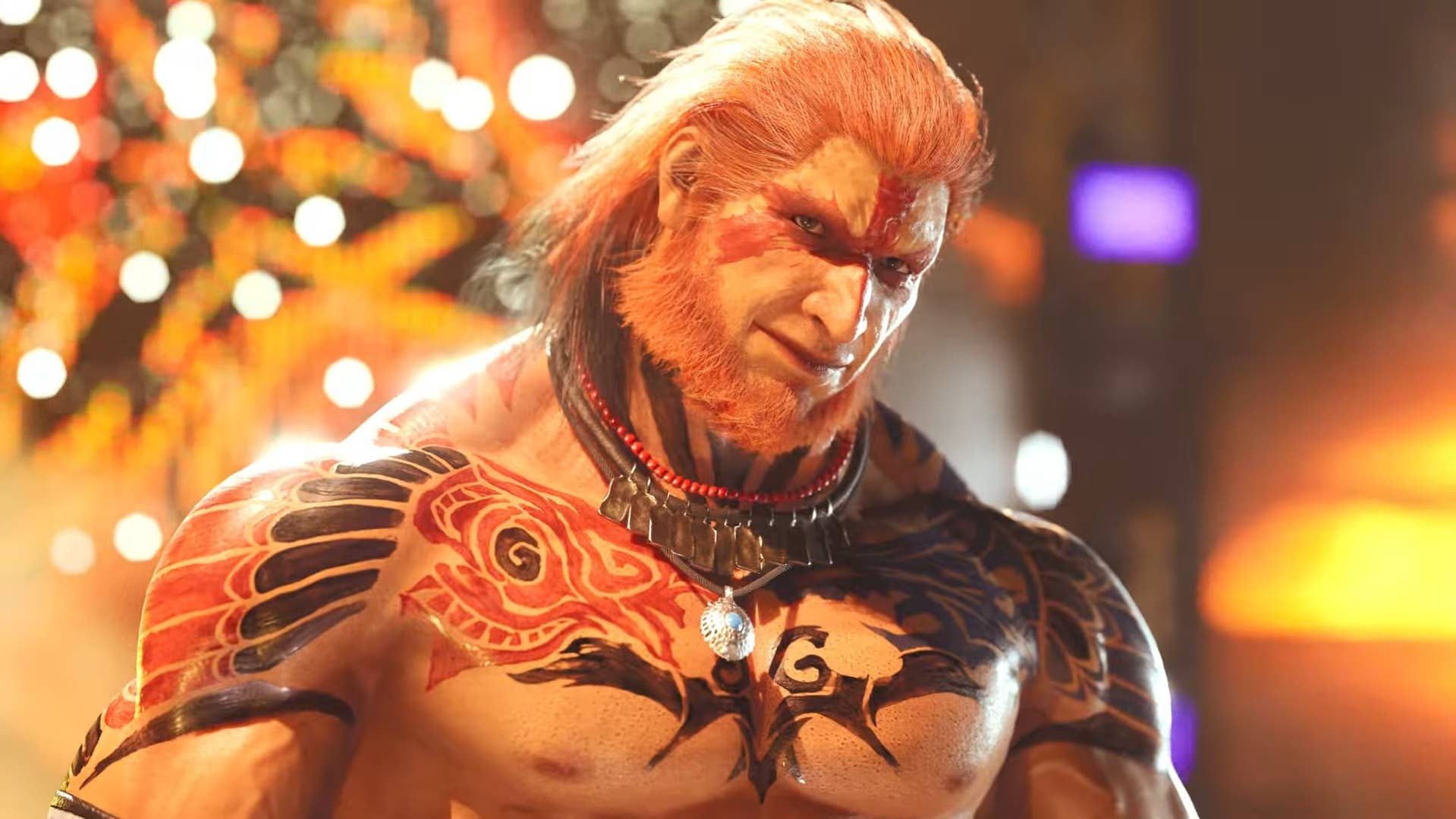












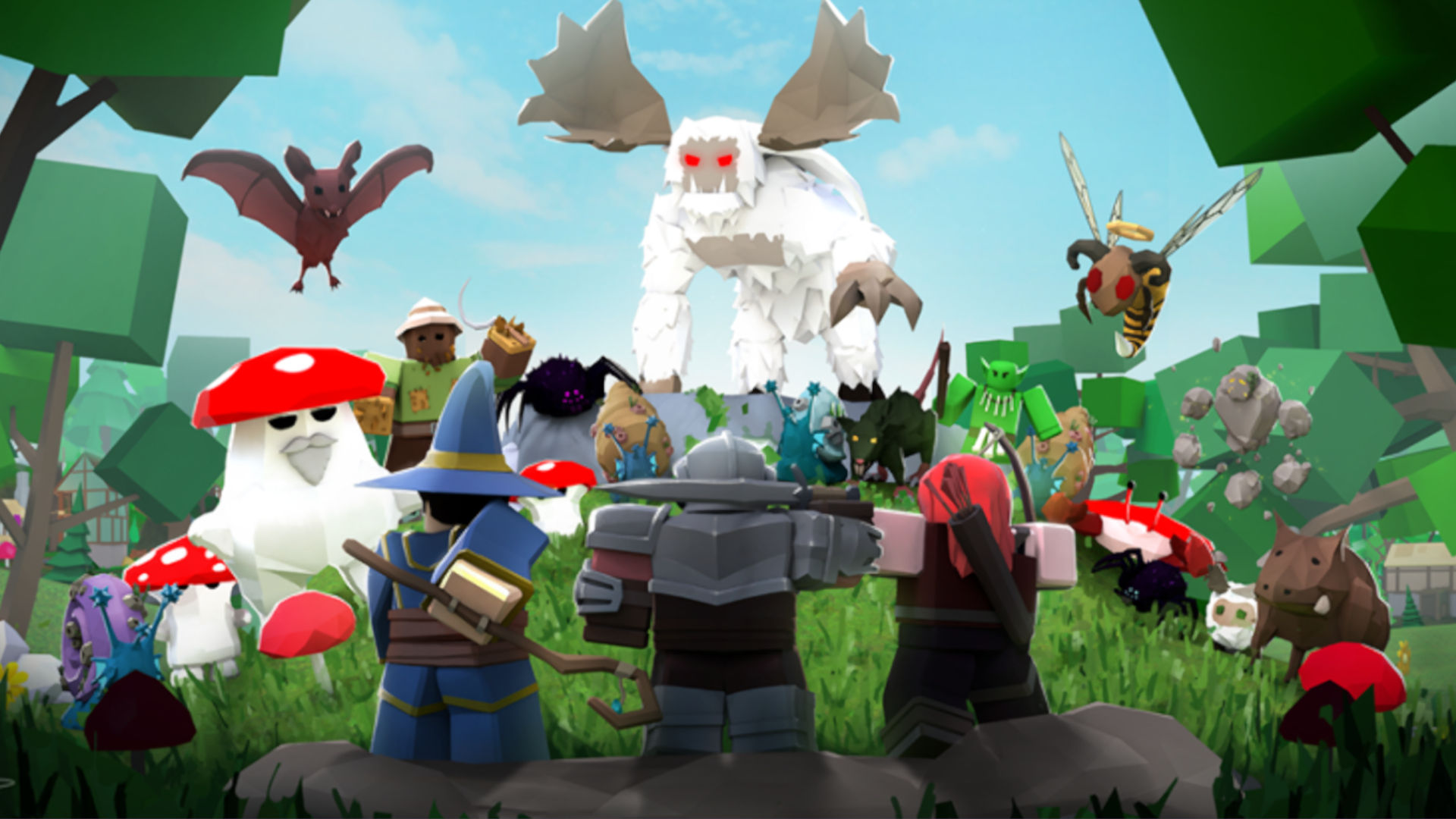

















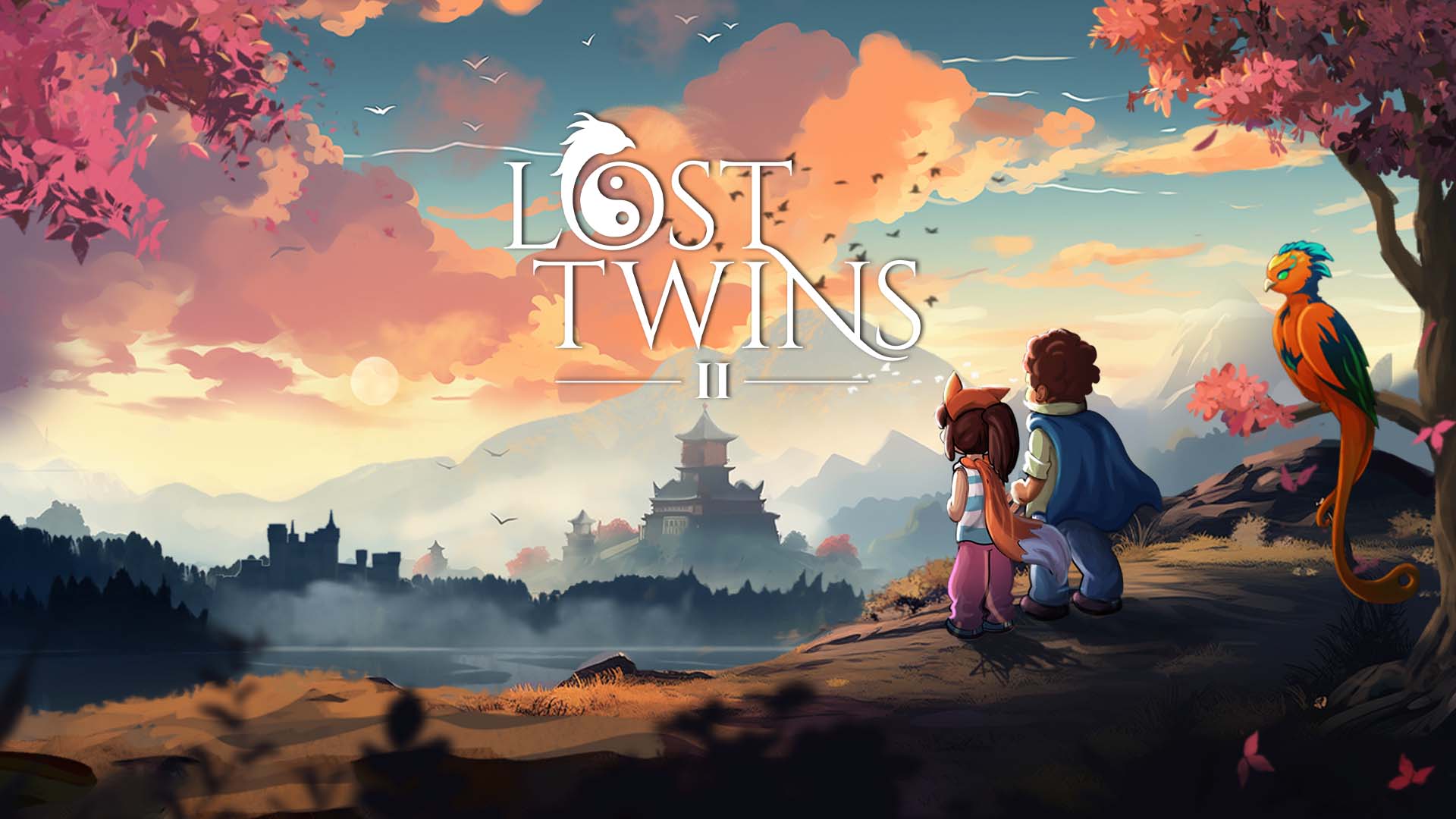























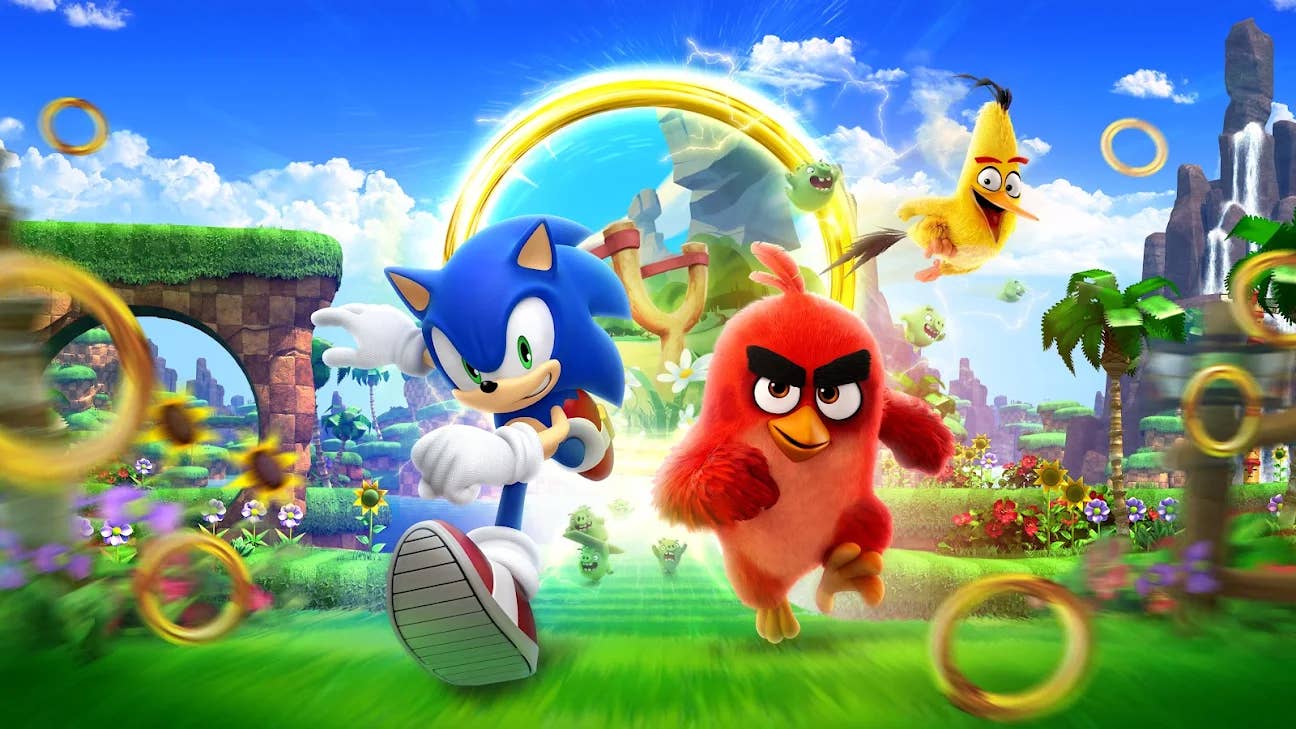


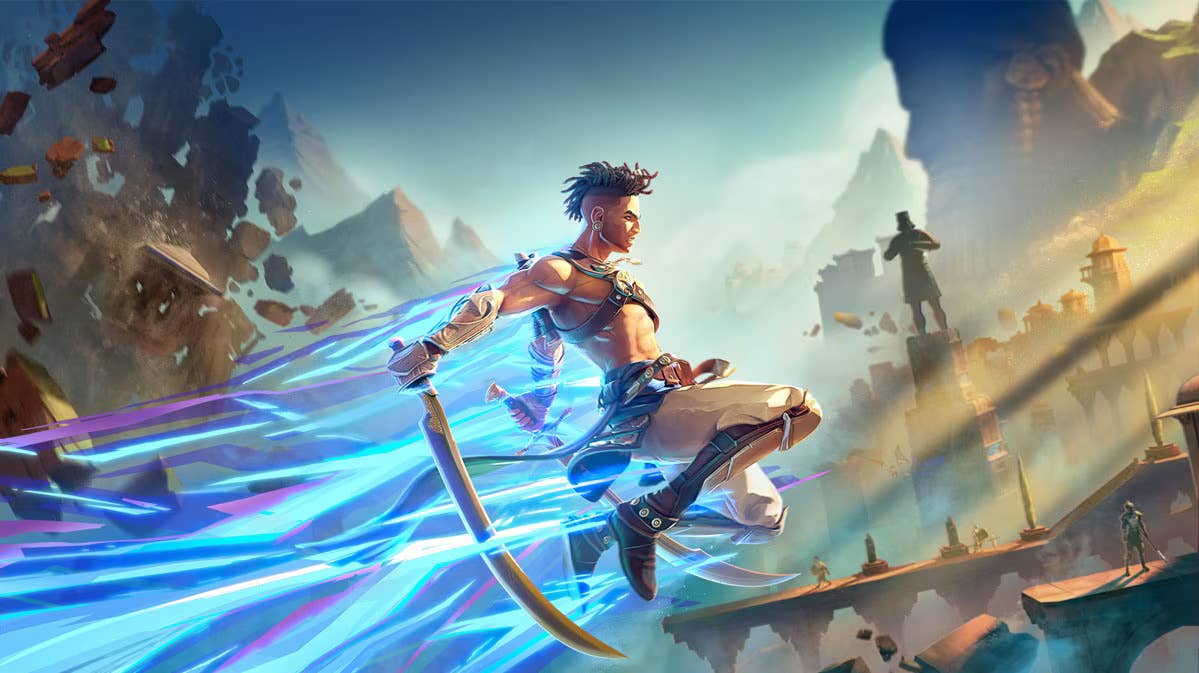






















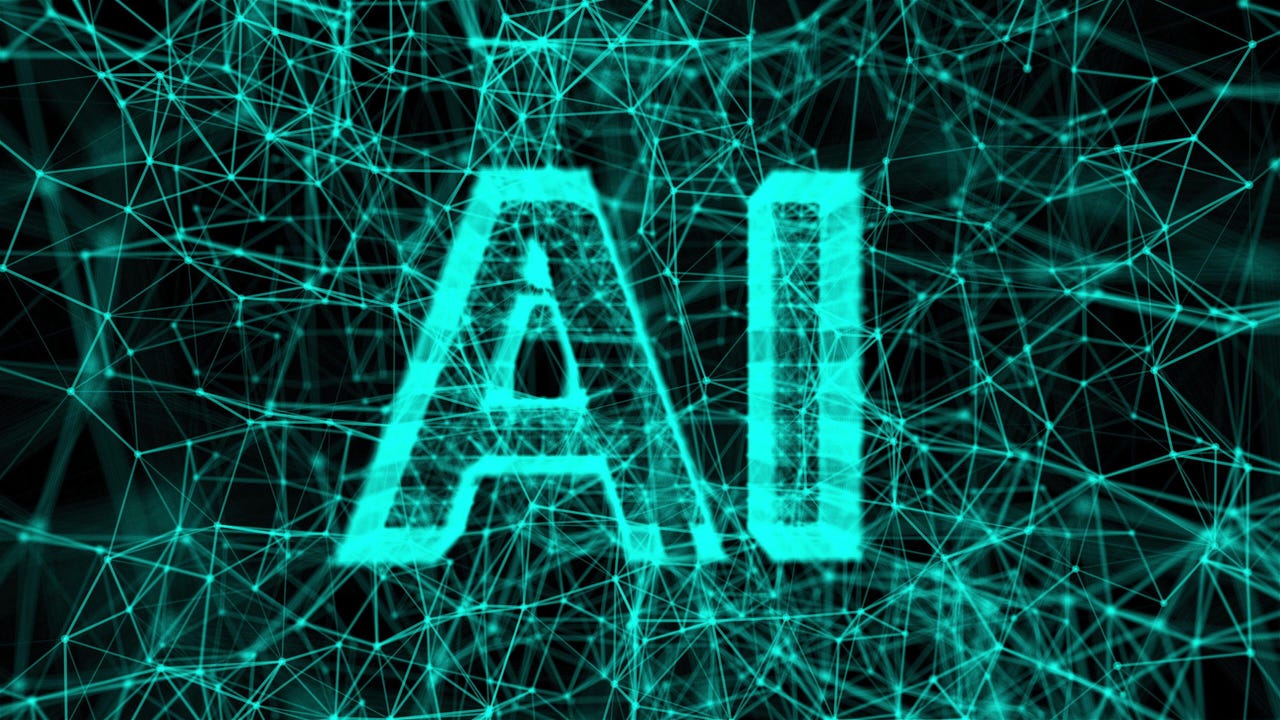
_Piotr_Adamowicz_Alamy.jpg?width=1280&auto=webp&quality=80&disable=upscale#)




























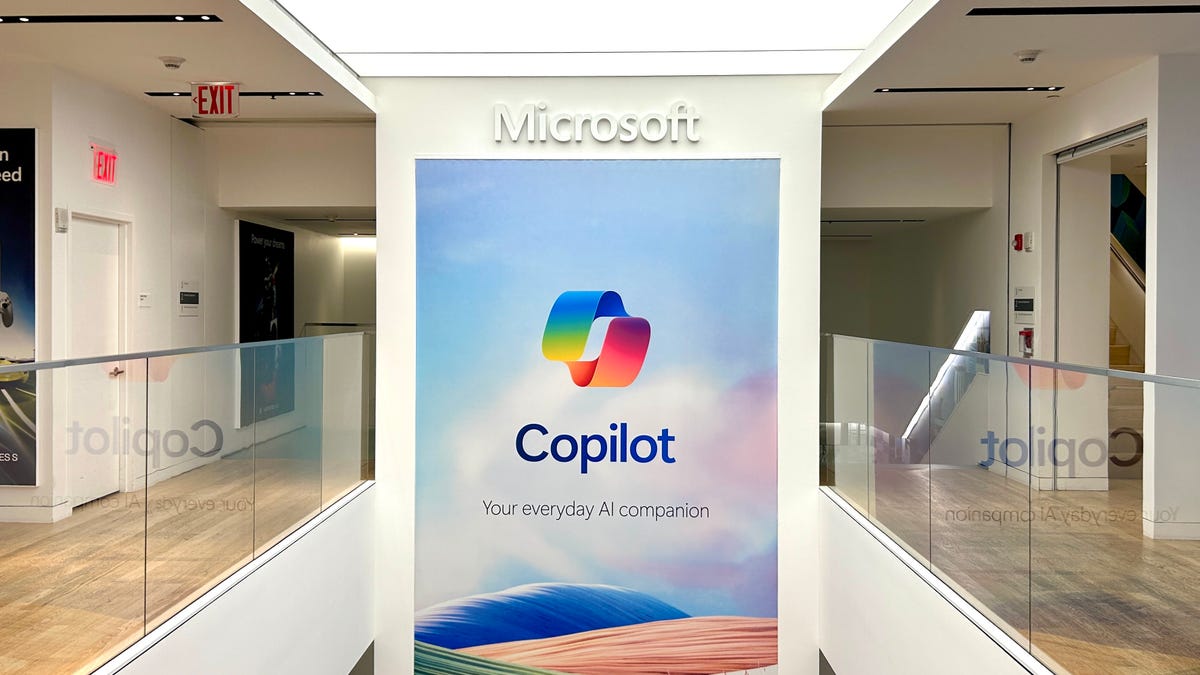









































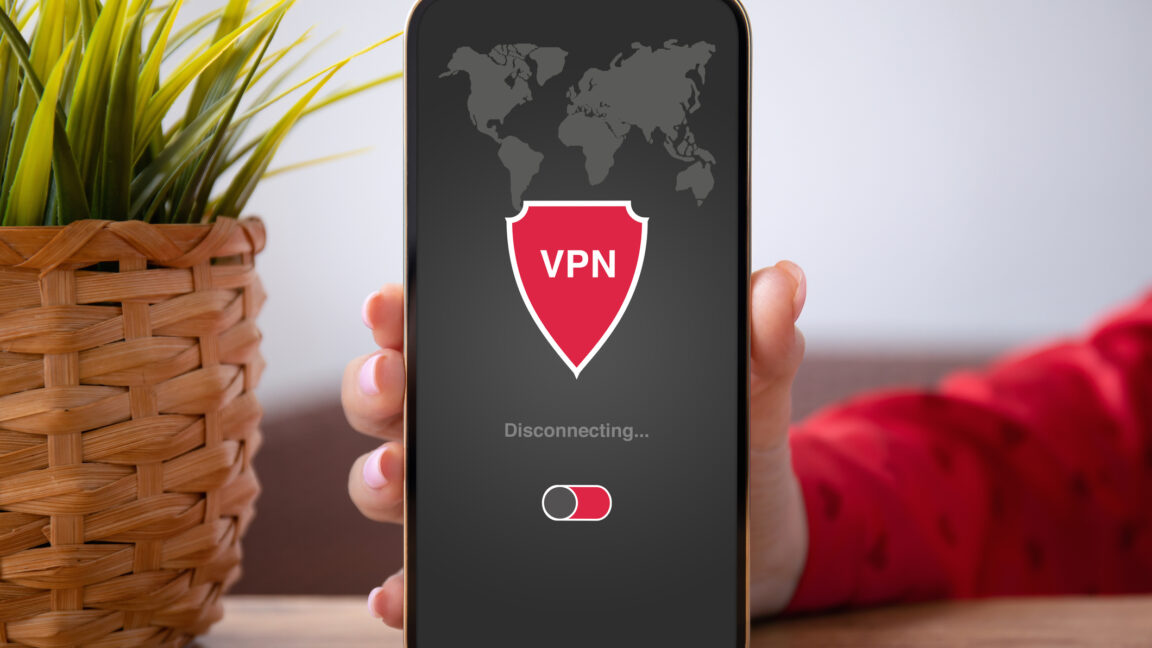




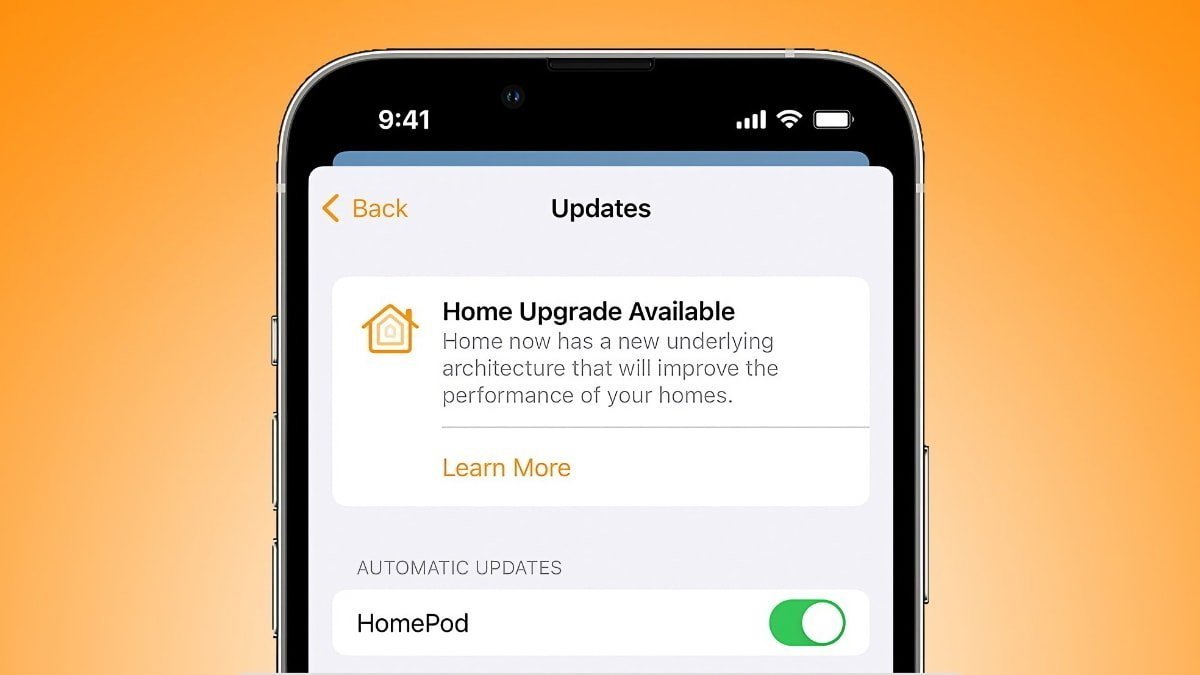
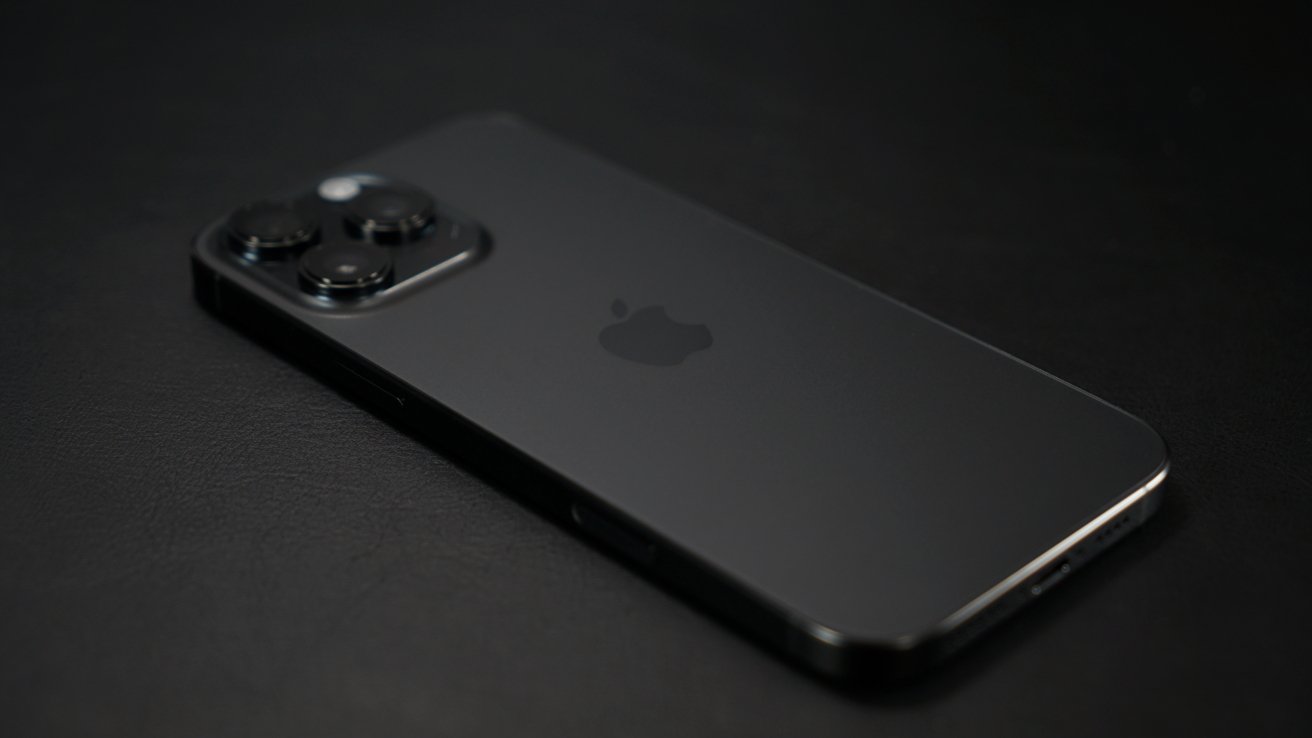
-xl-xl-xl.jpg)
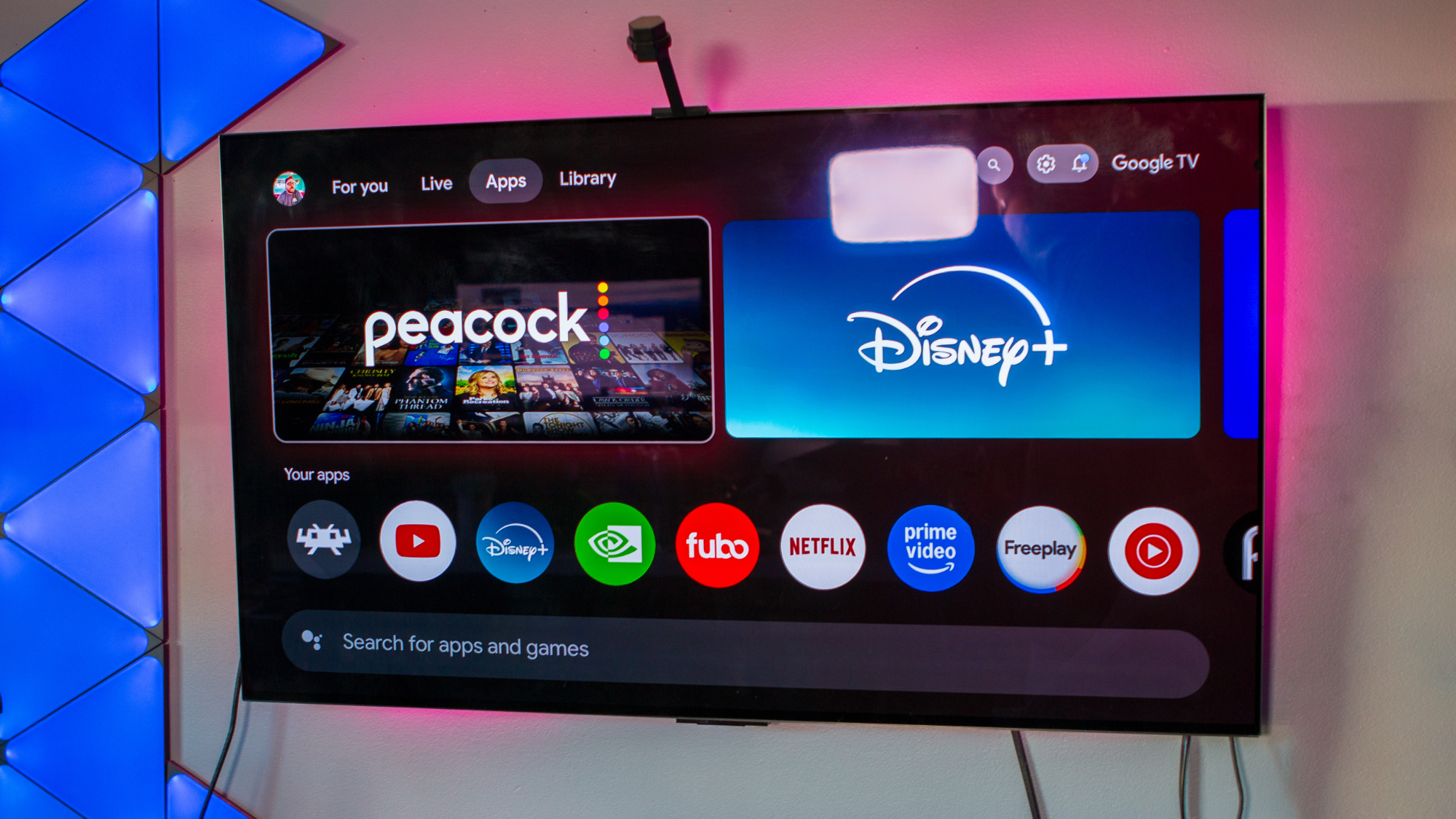
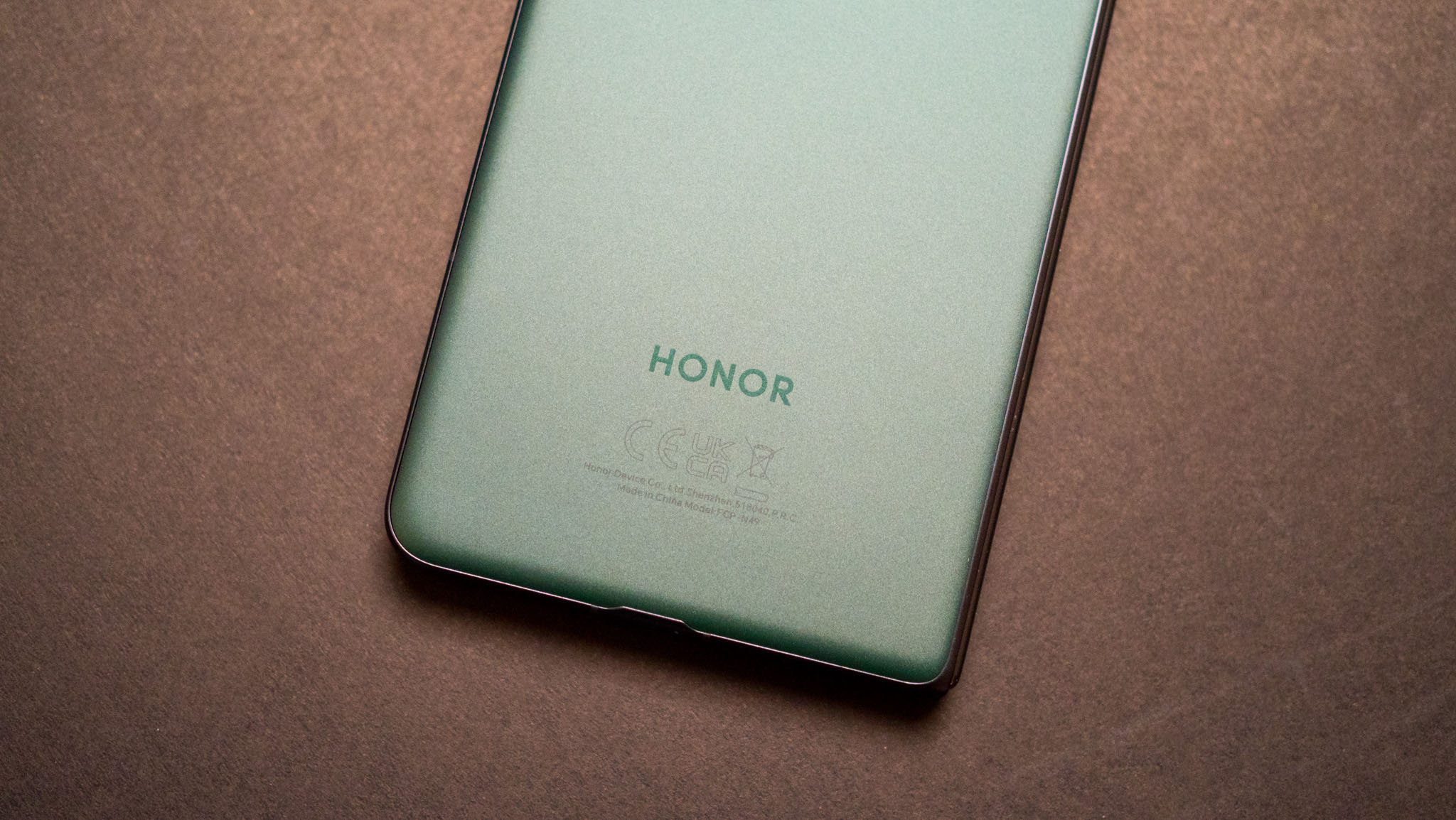
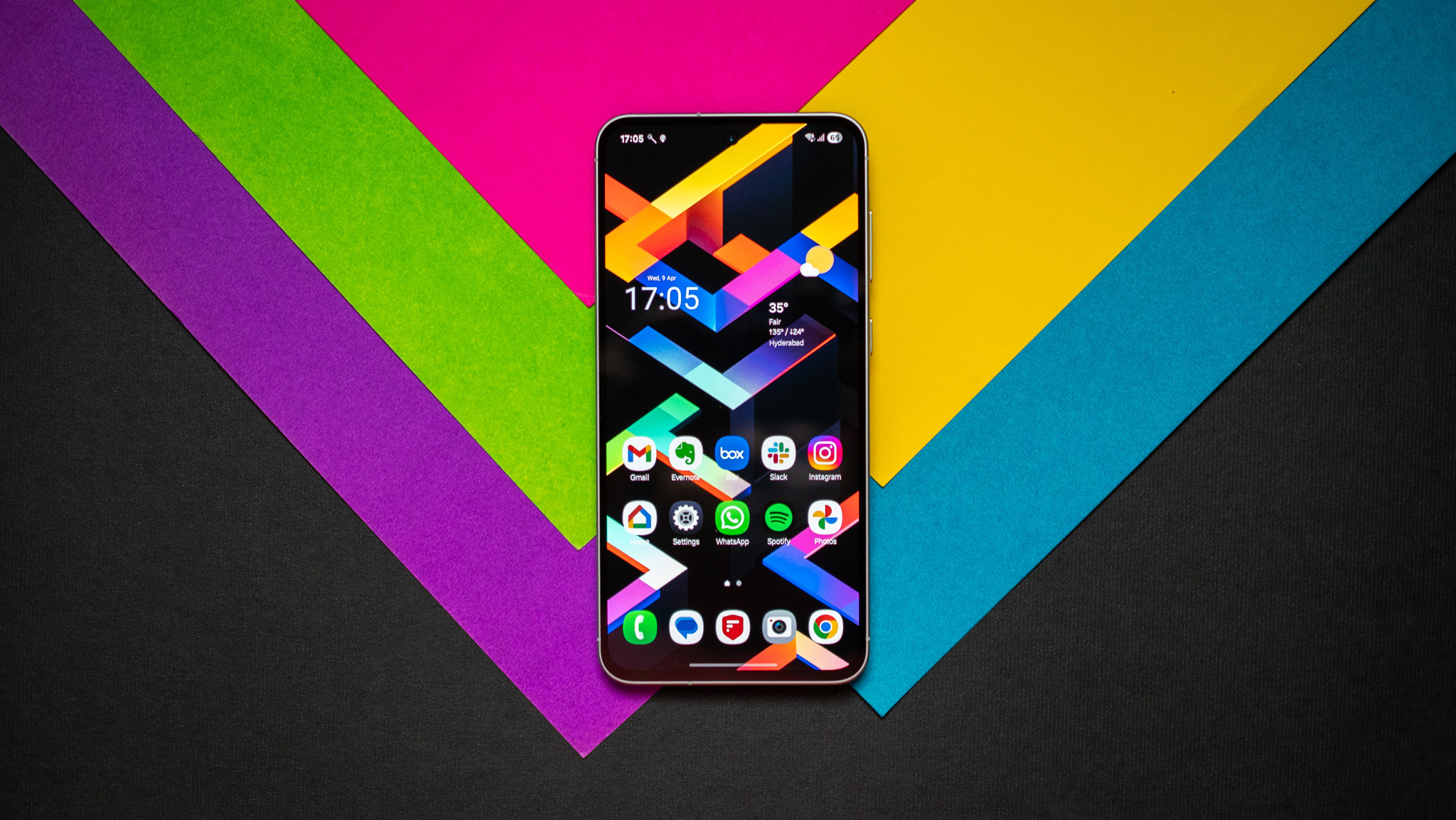
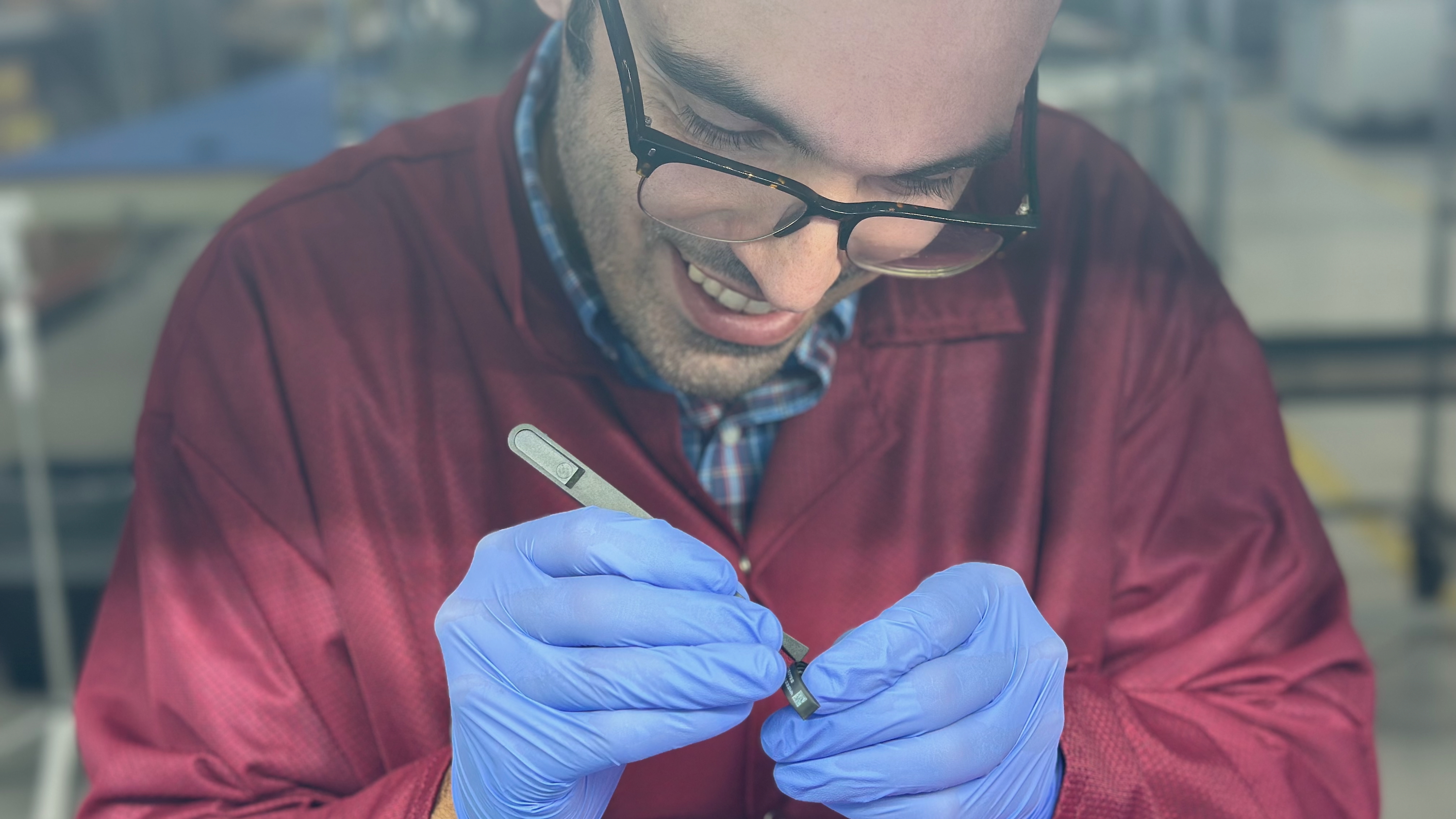
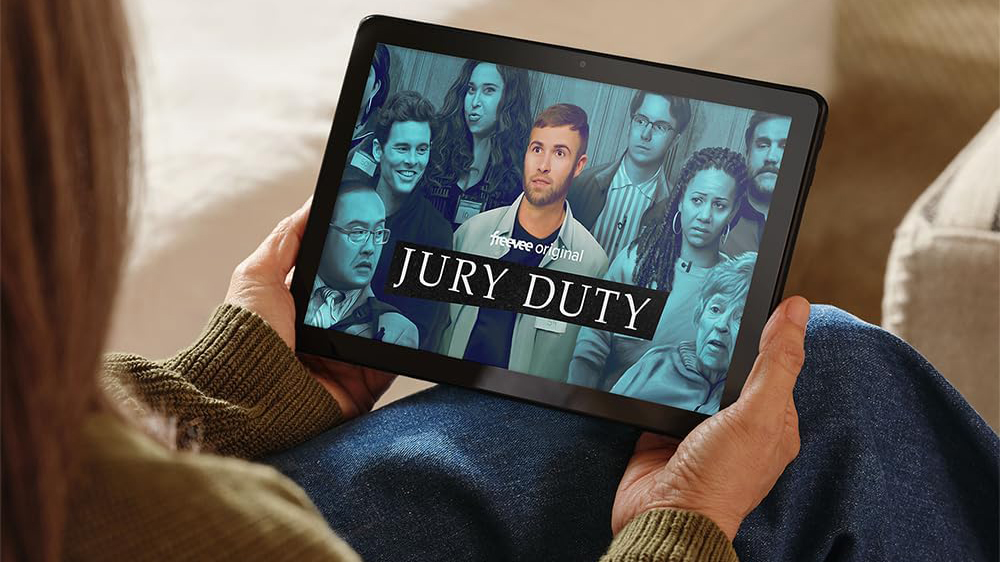

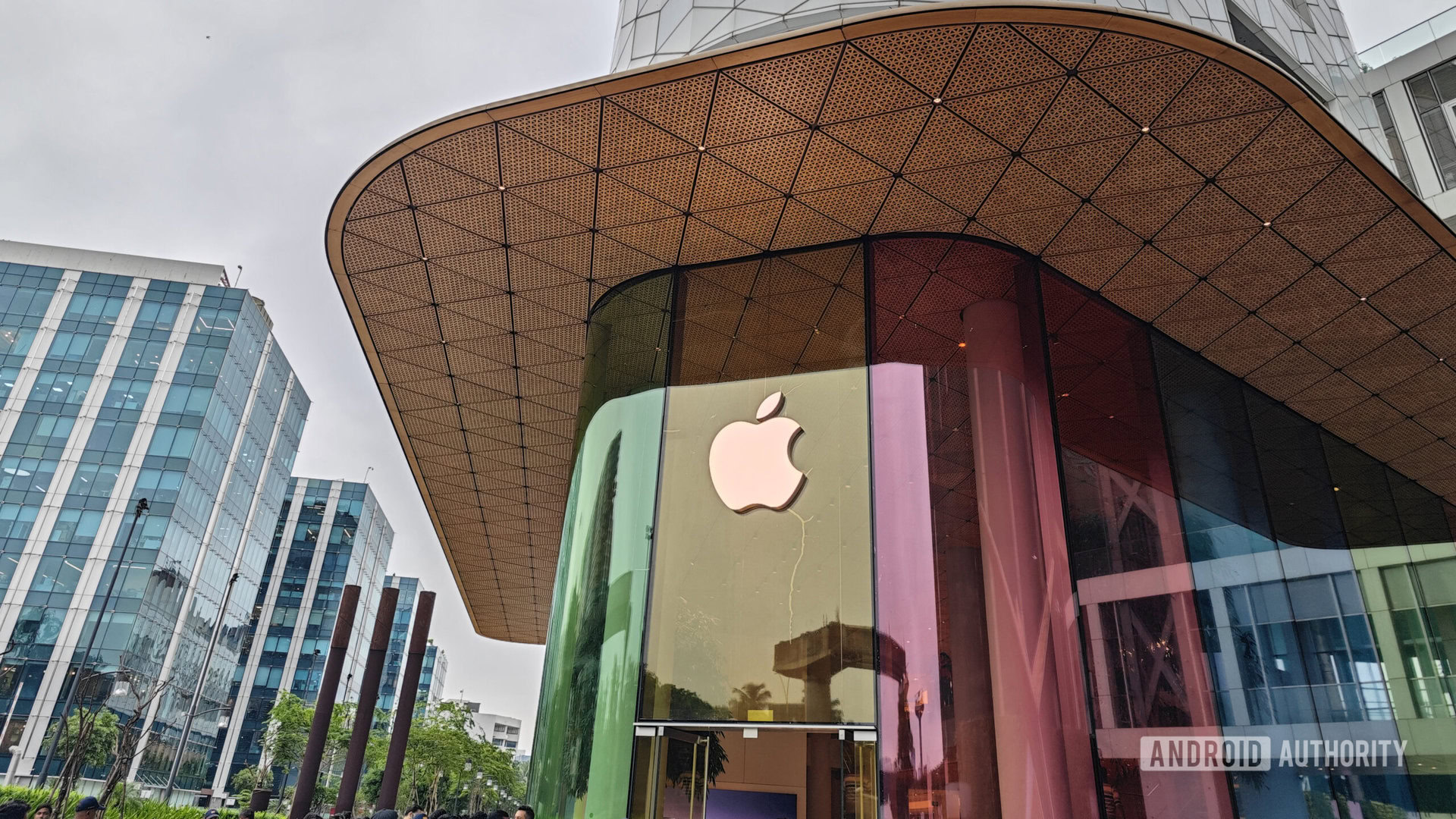





![Walmart’s $30 Google TV streamer is now in stores and it supports USB-C hubs [Video]](https://i0.wp.com/9to5google.com/wp-content/uploads/sites/4/2025/05/onn-4k-plus-store-reddit.jpg?resize=1200%2C628&quality=82&strip=all&ssl=1)













![Apple to Launch AI-Powered Battery Saver Mode in iOS 19 [Report]](https://www.iclarified.com/images/news/97309/97309/97309-1280.jpg)

![Apple Officially Releases macOS Sequoia 15.5 [Download]](https://www.iclarified.com/images/news/97308/97308/97308-640.jpg)
